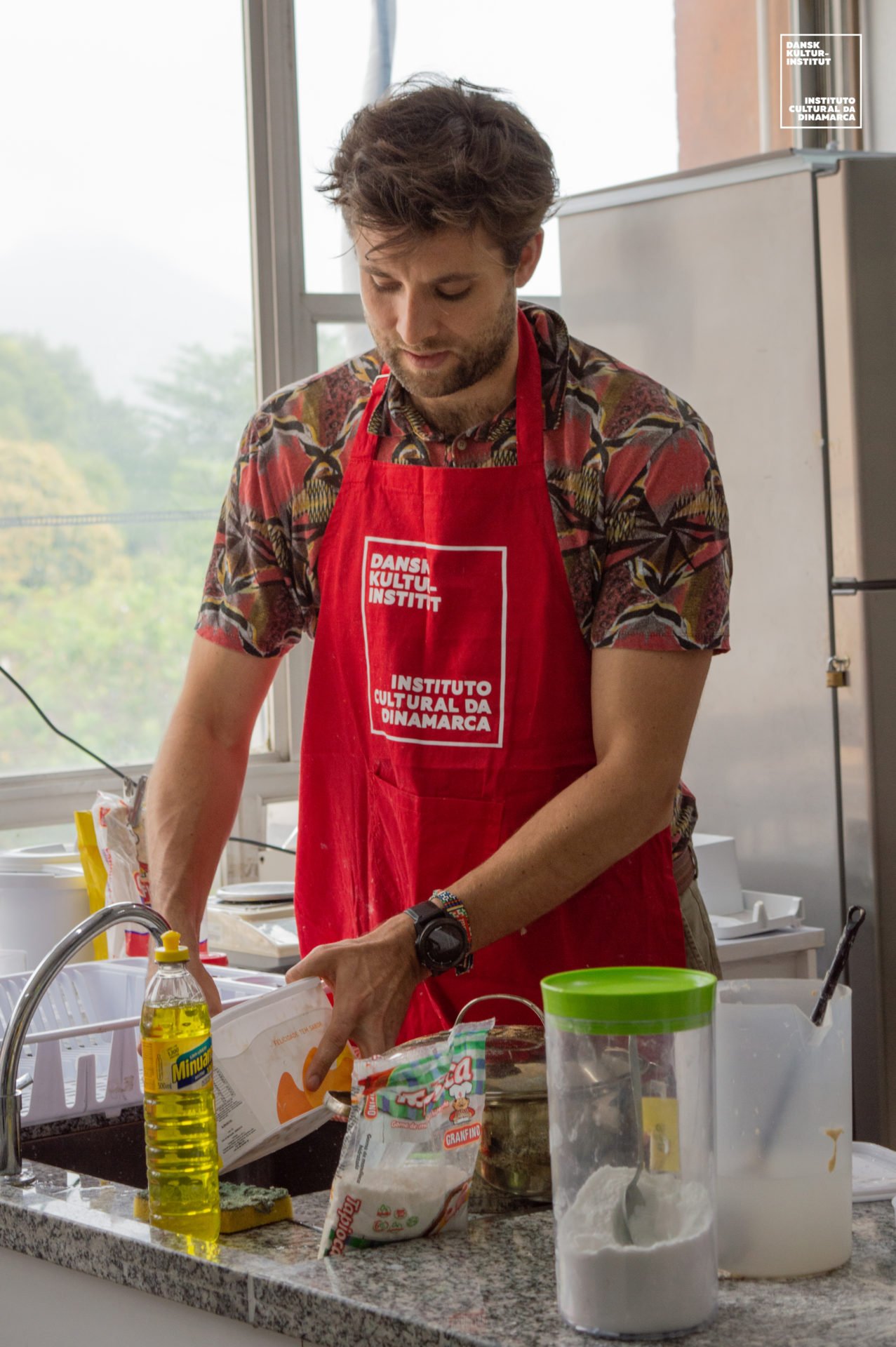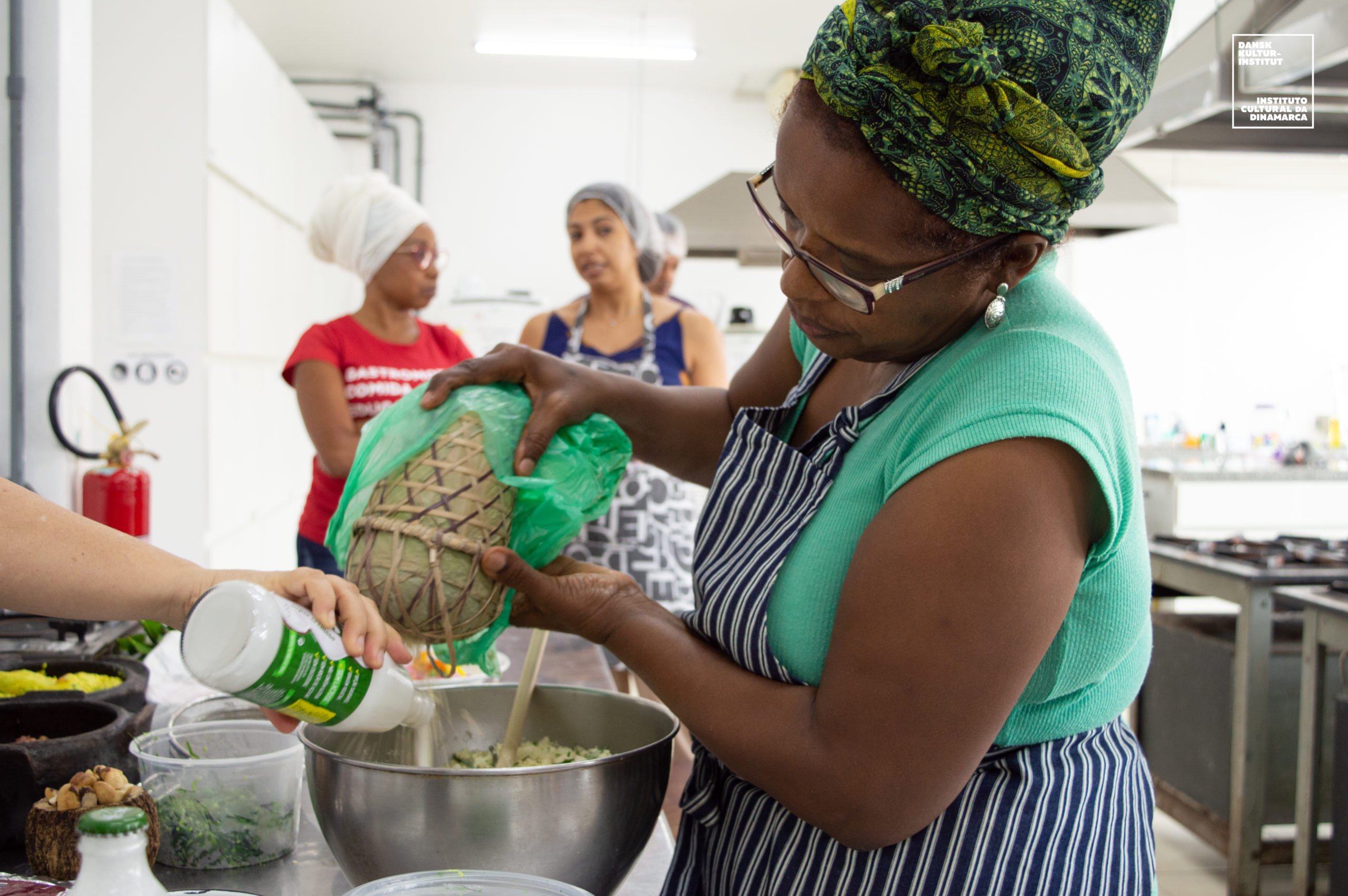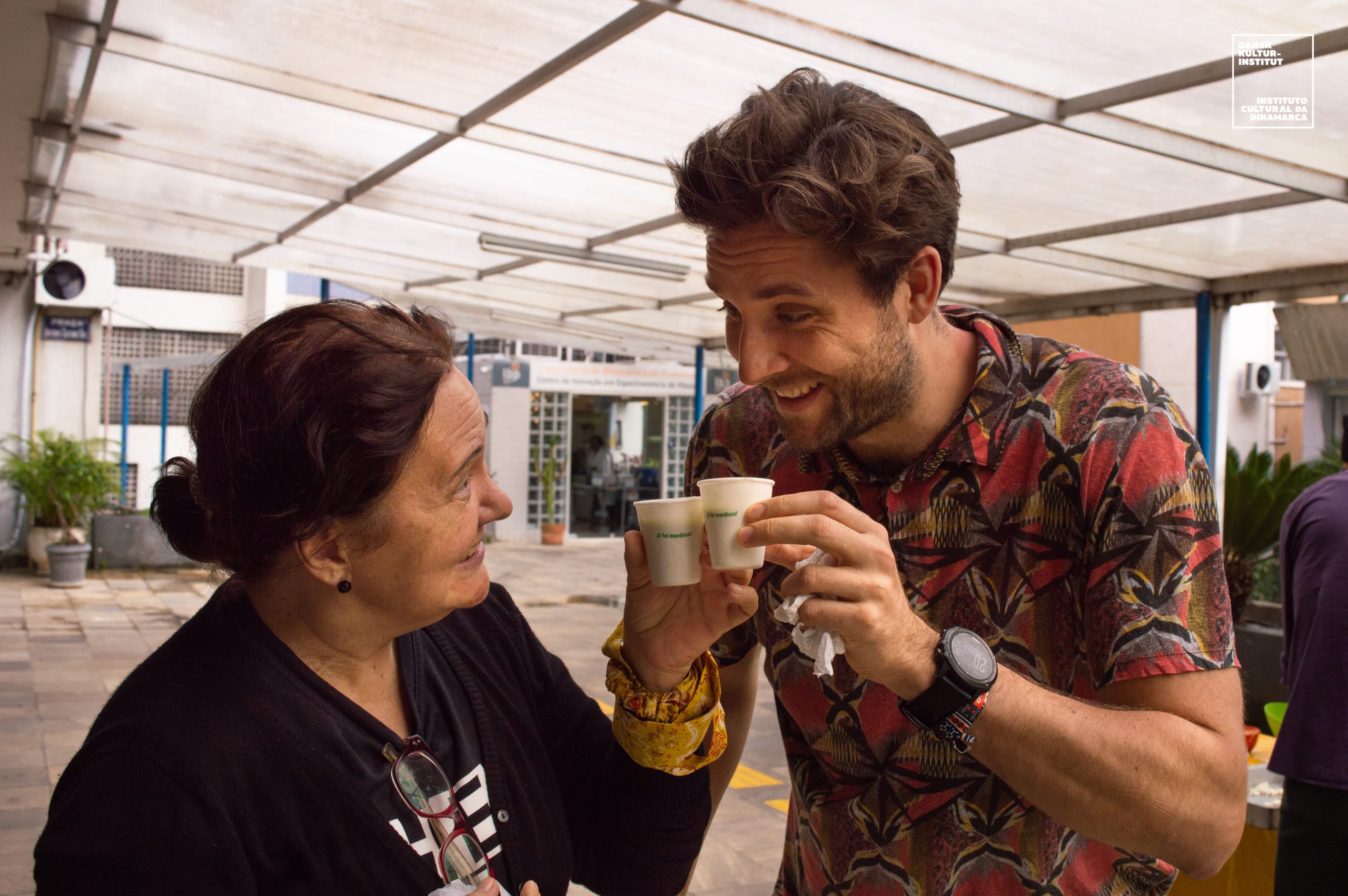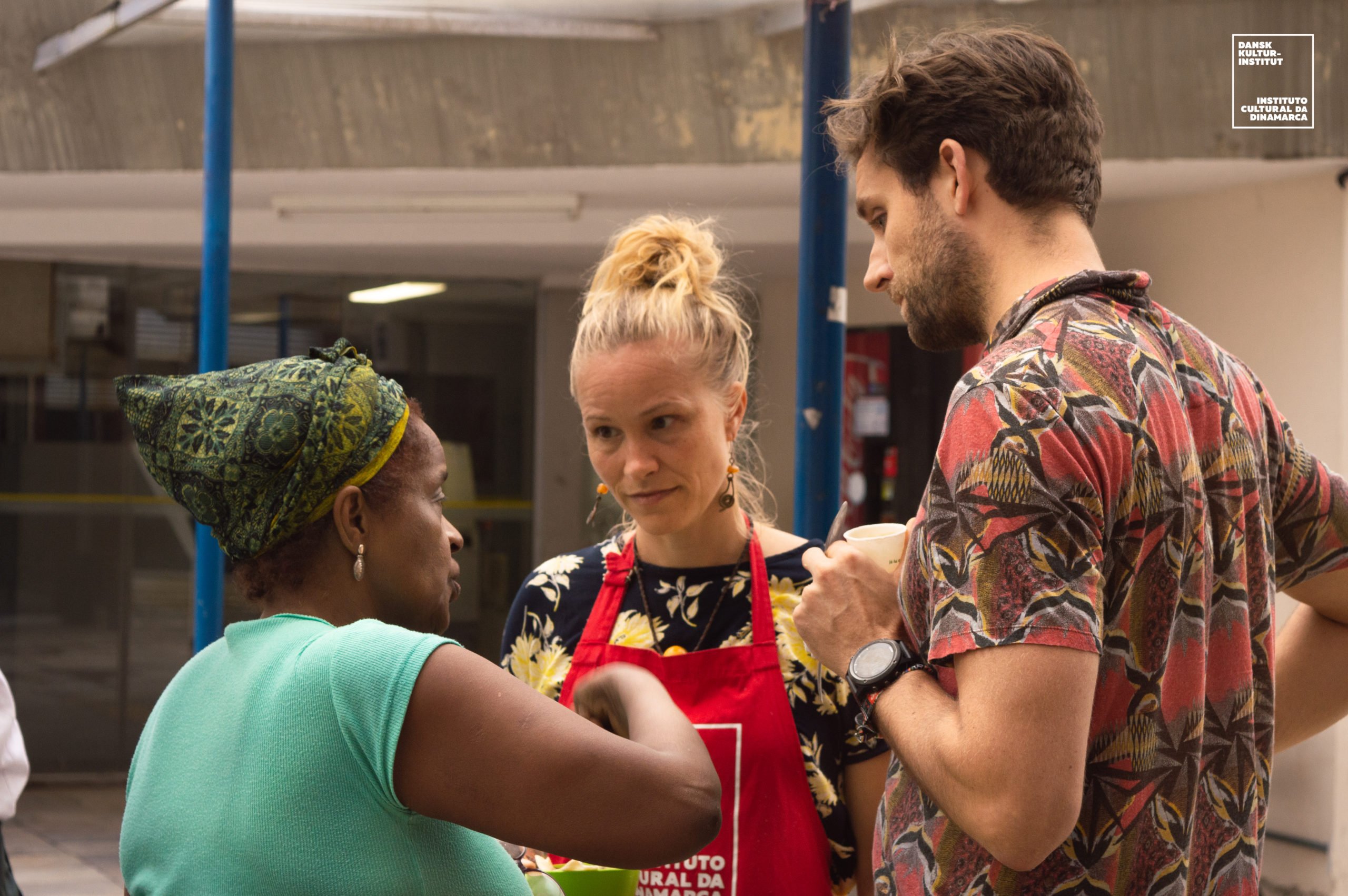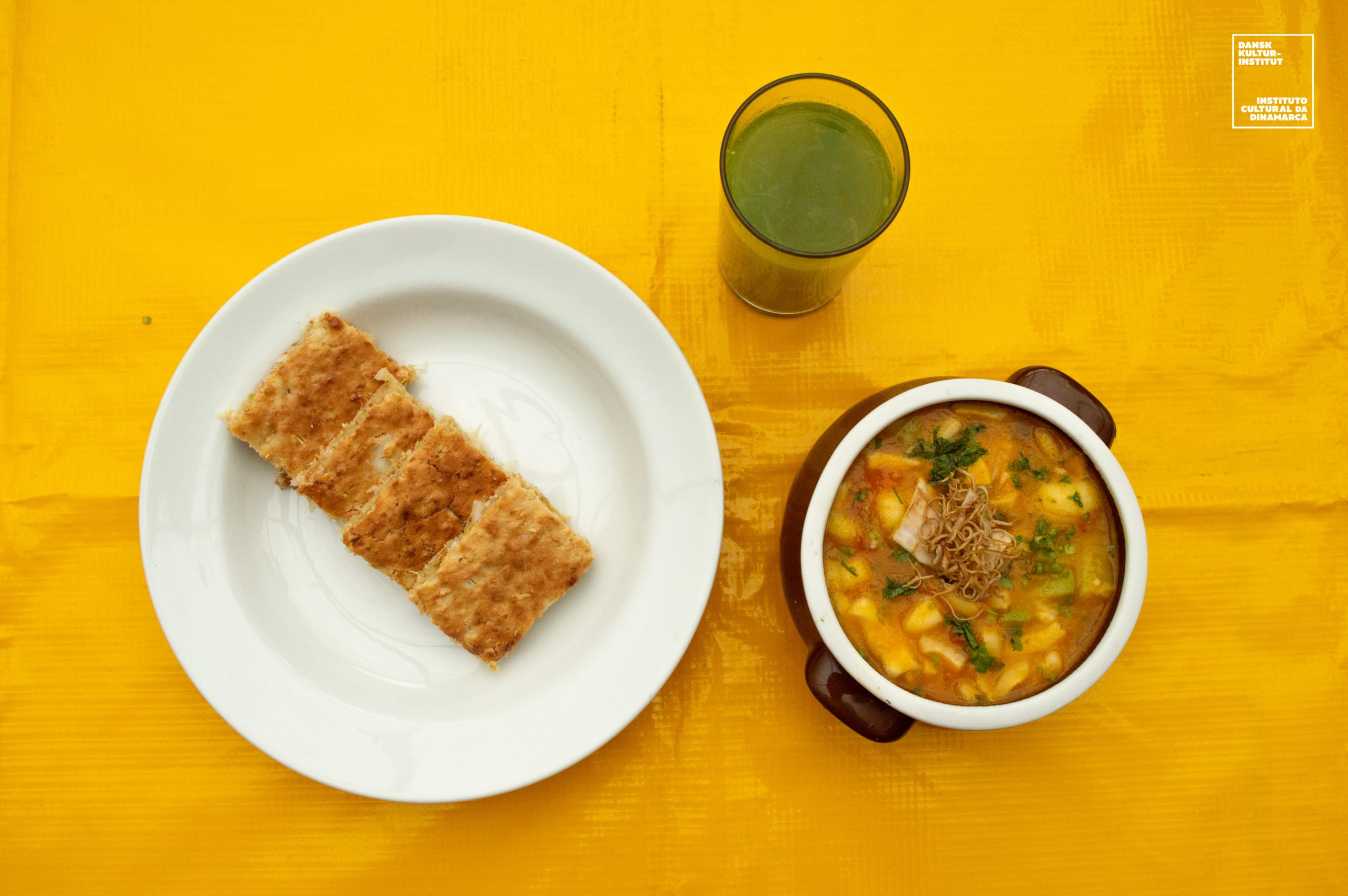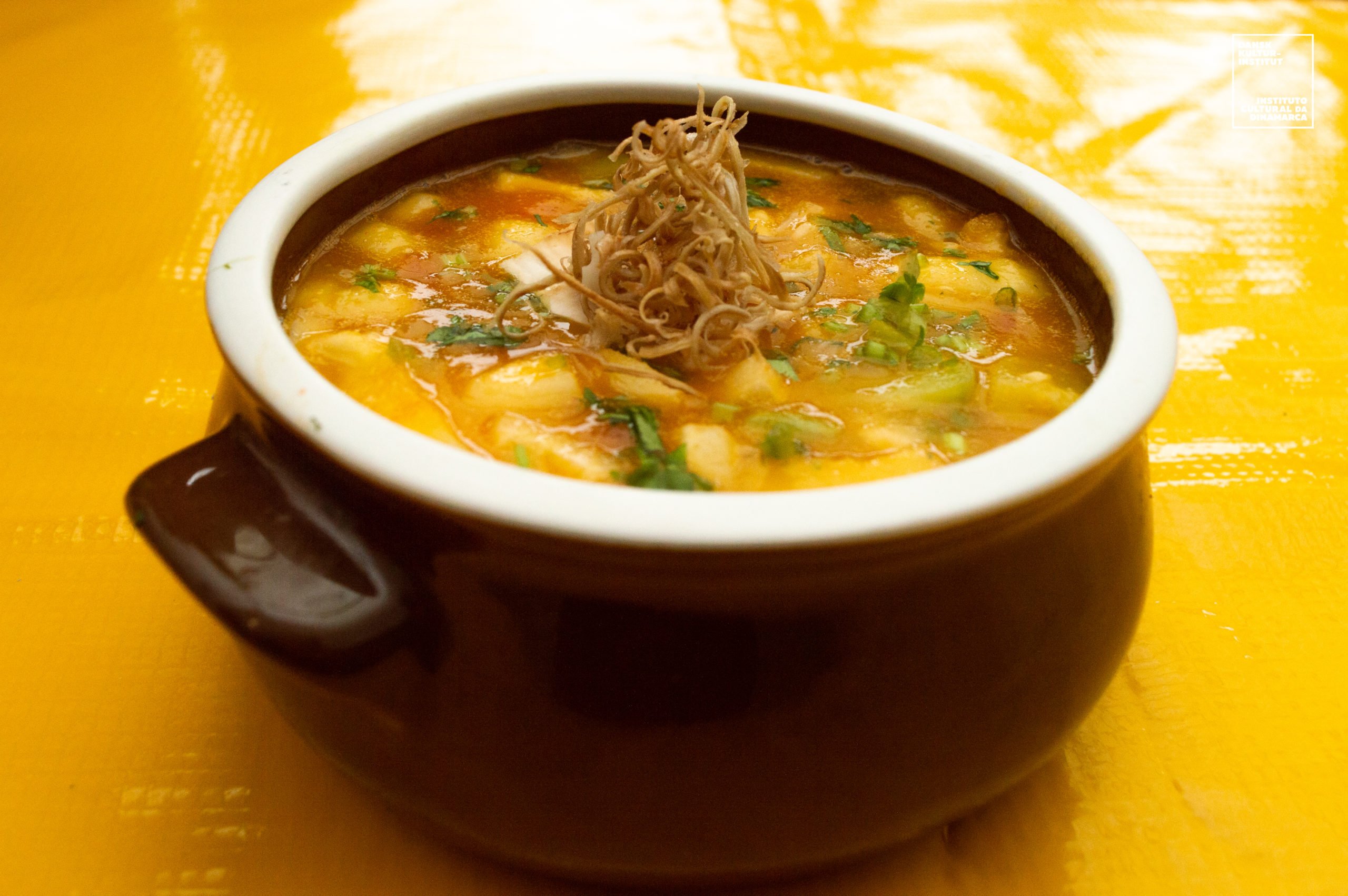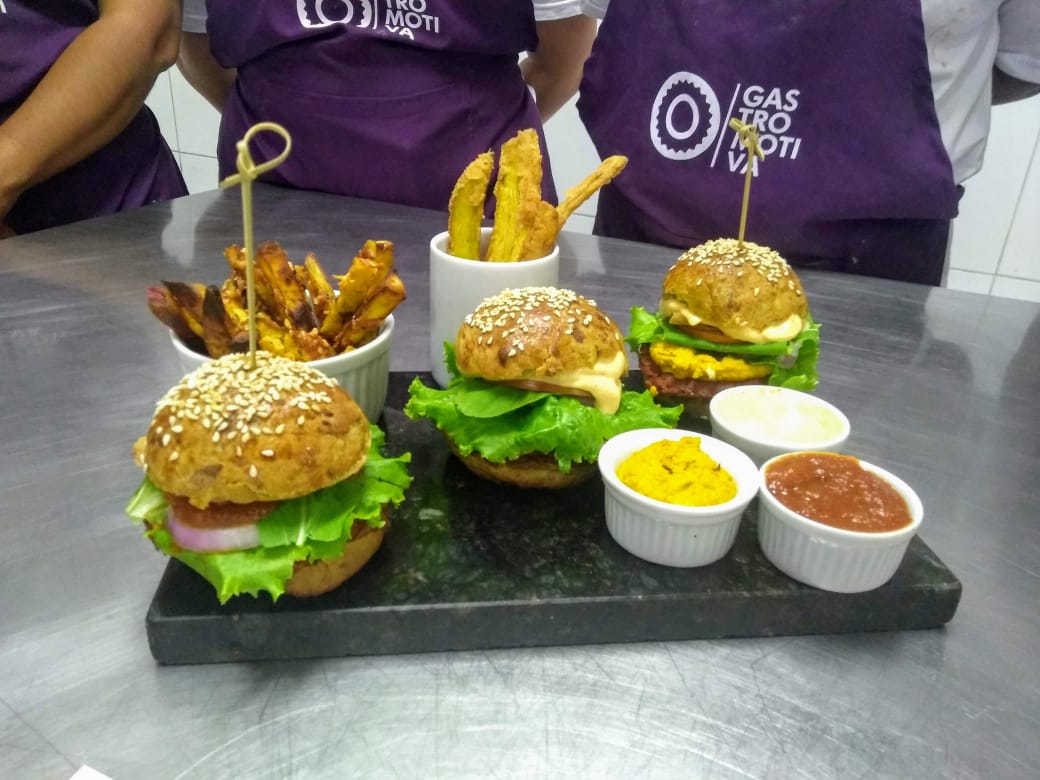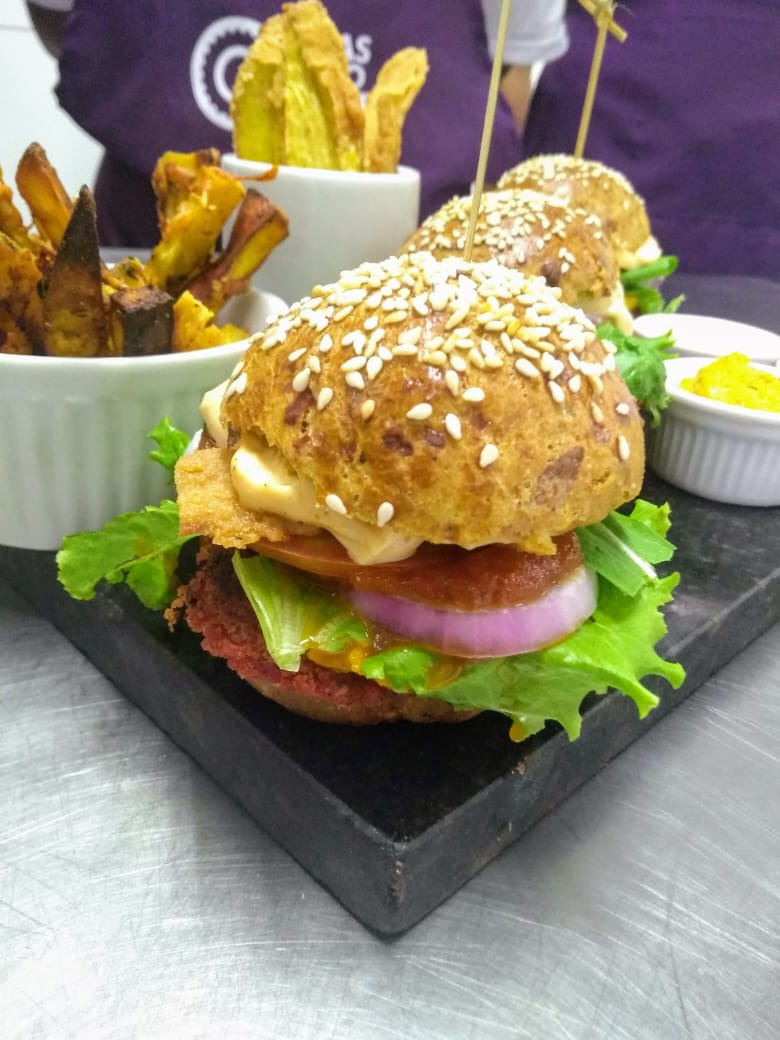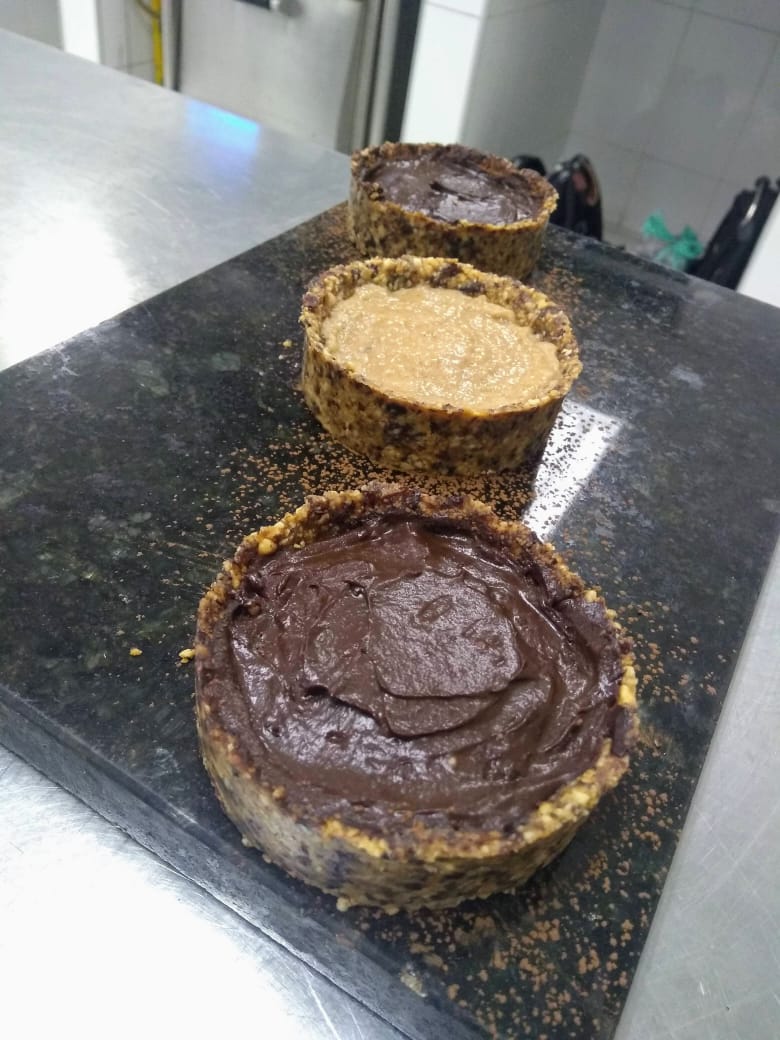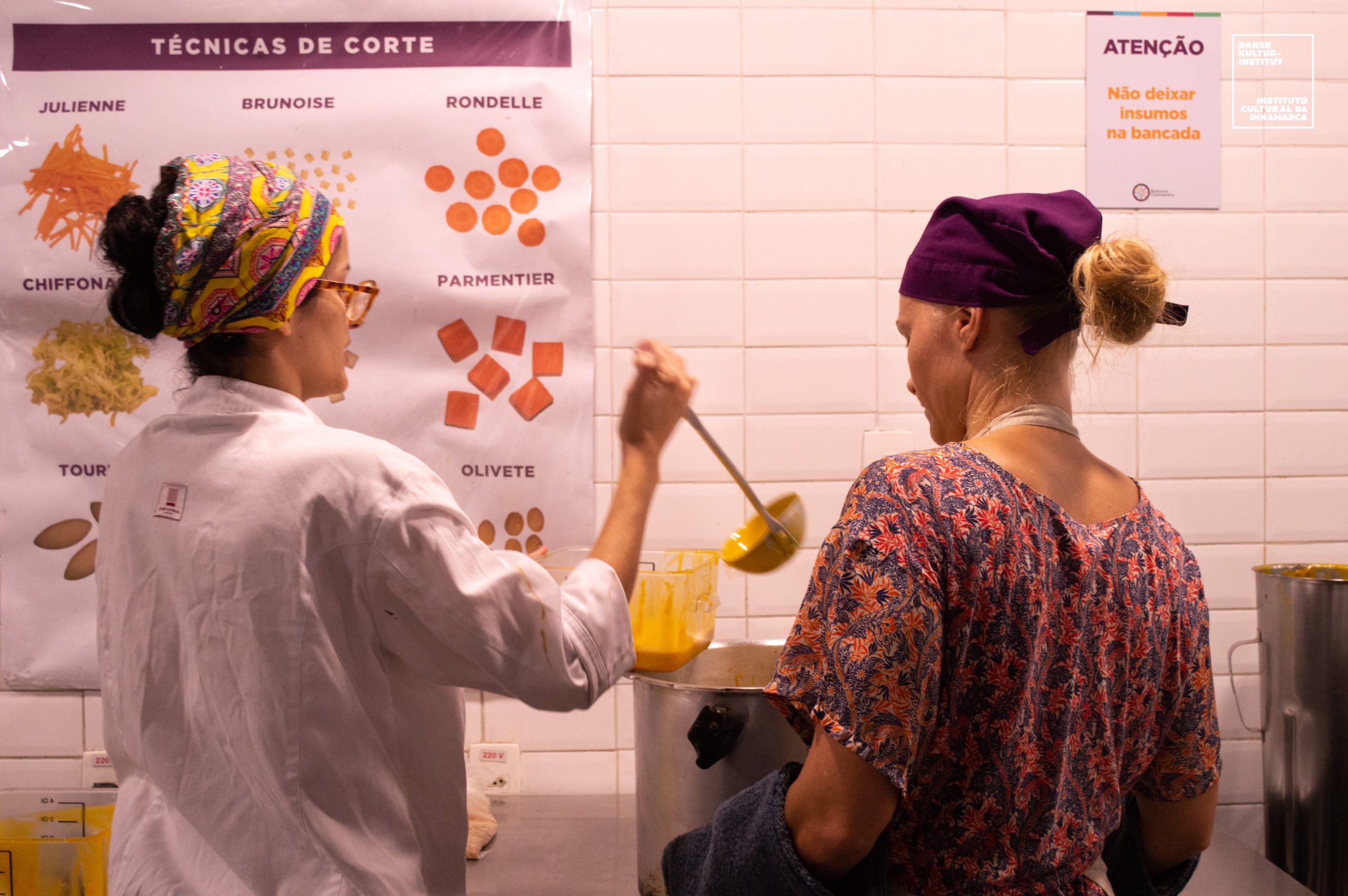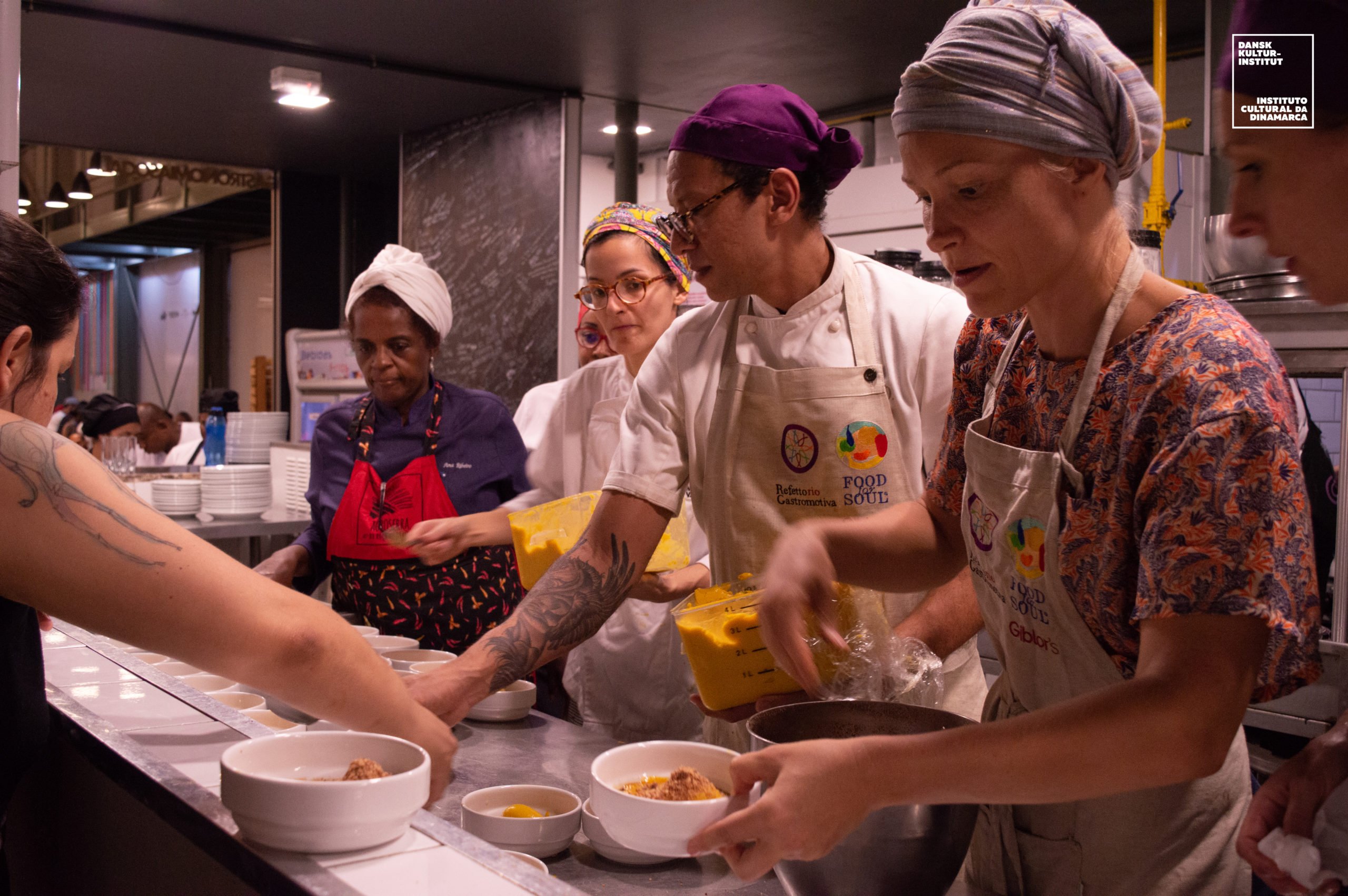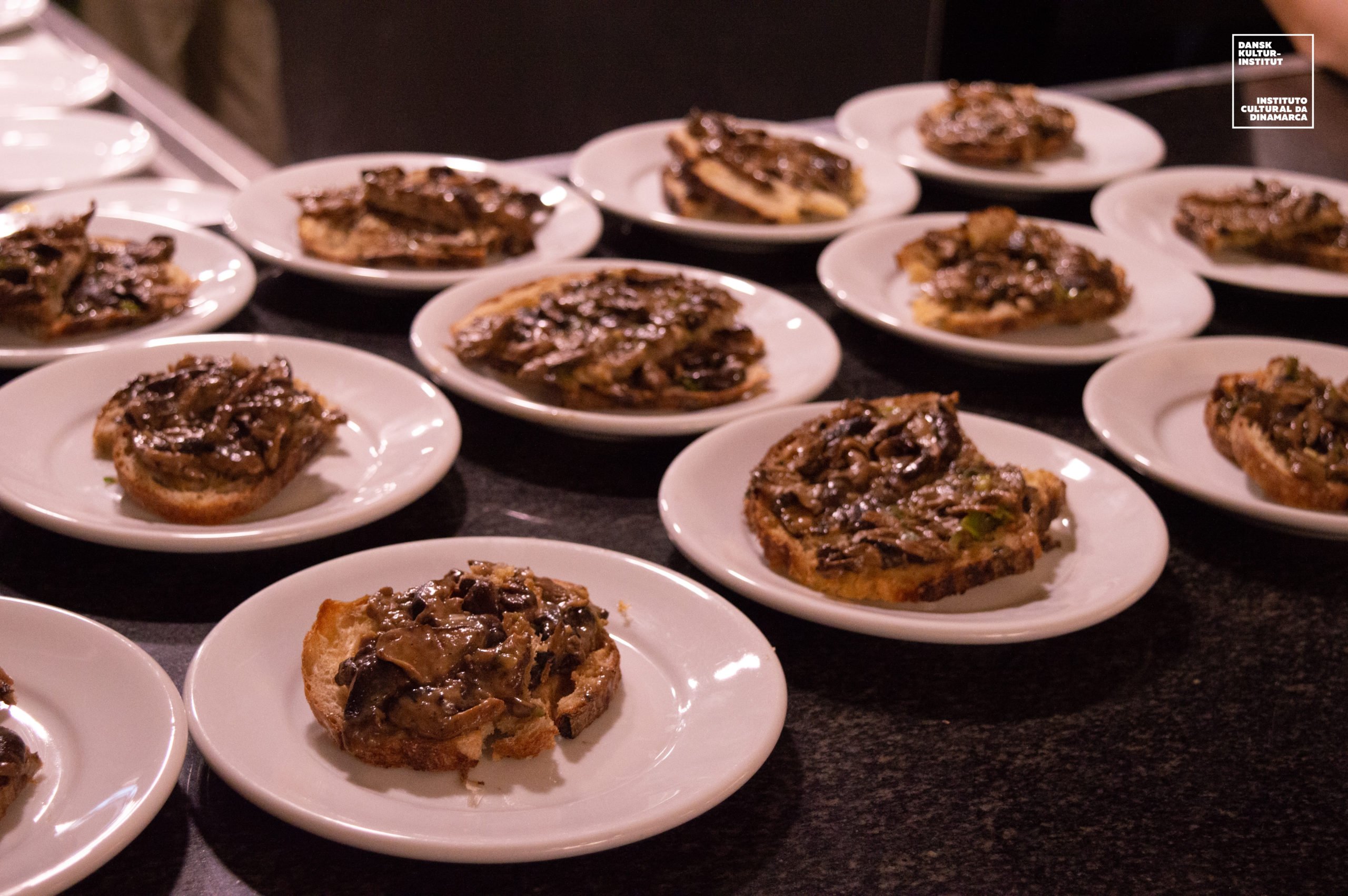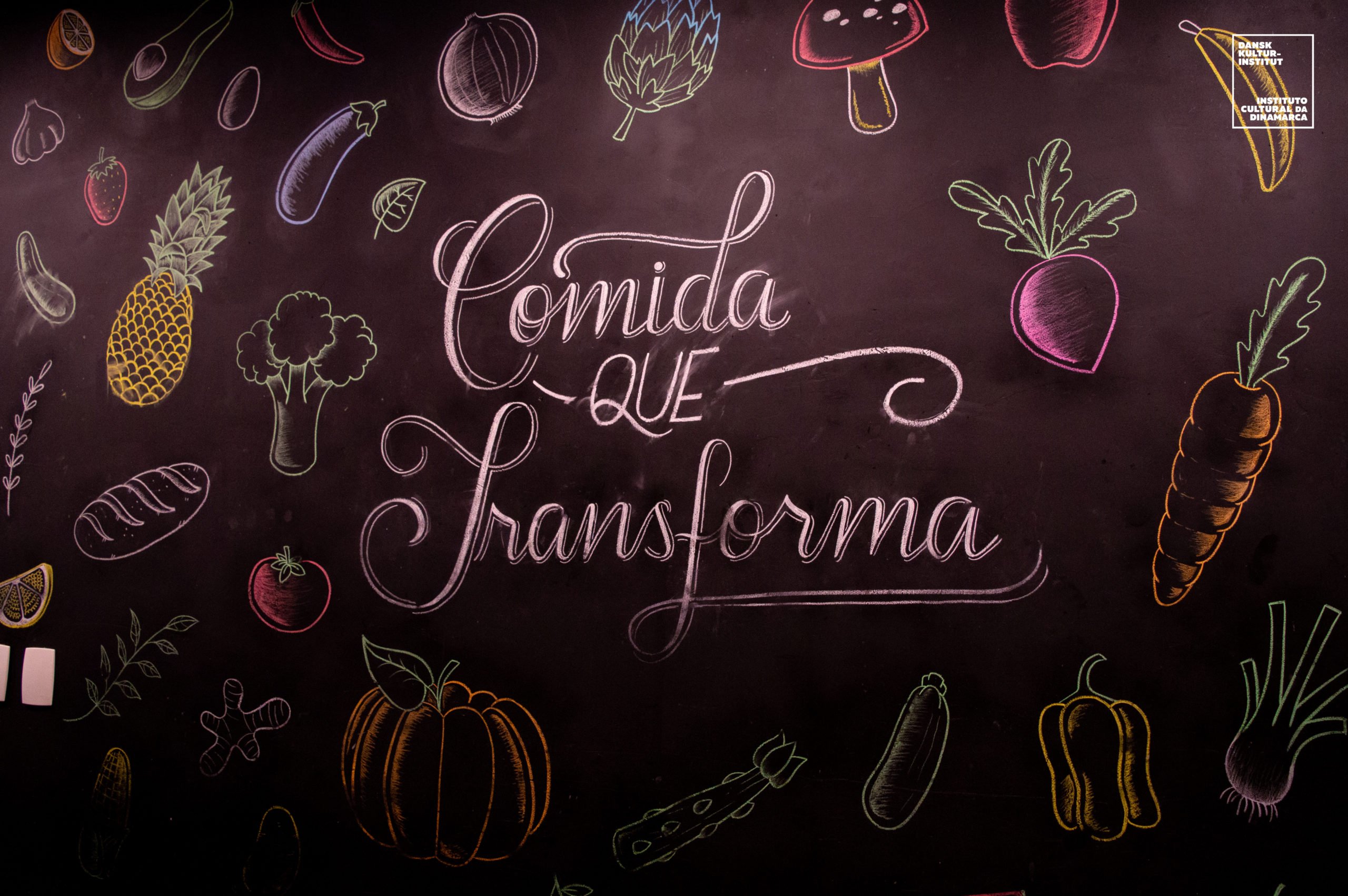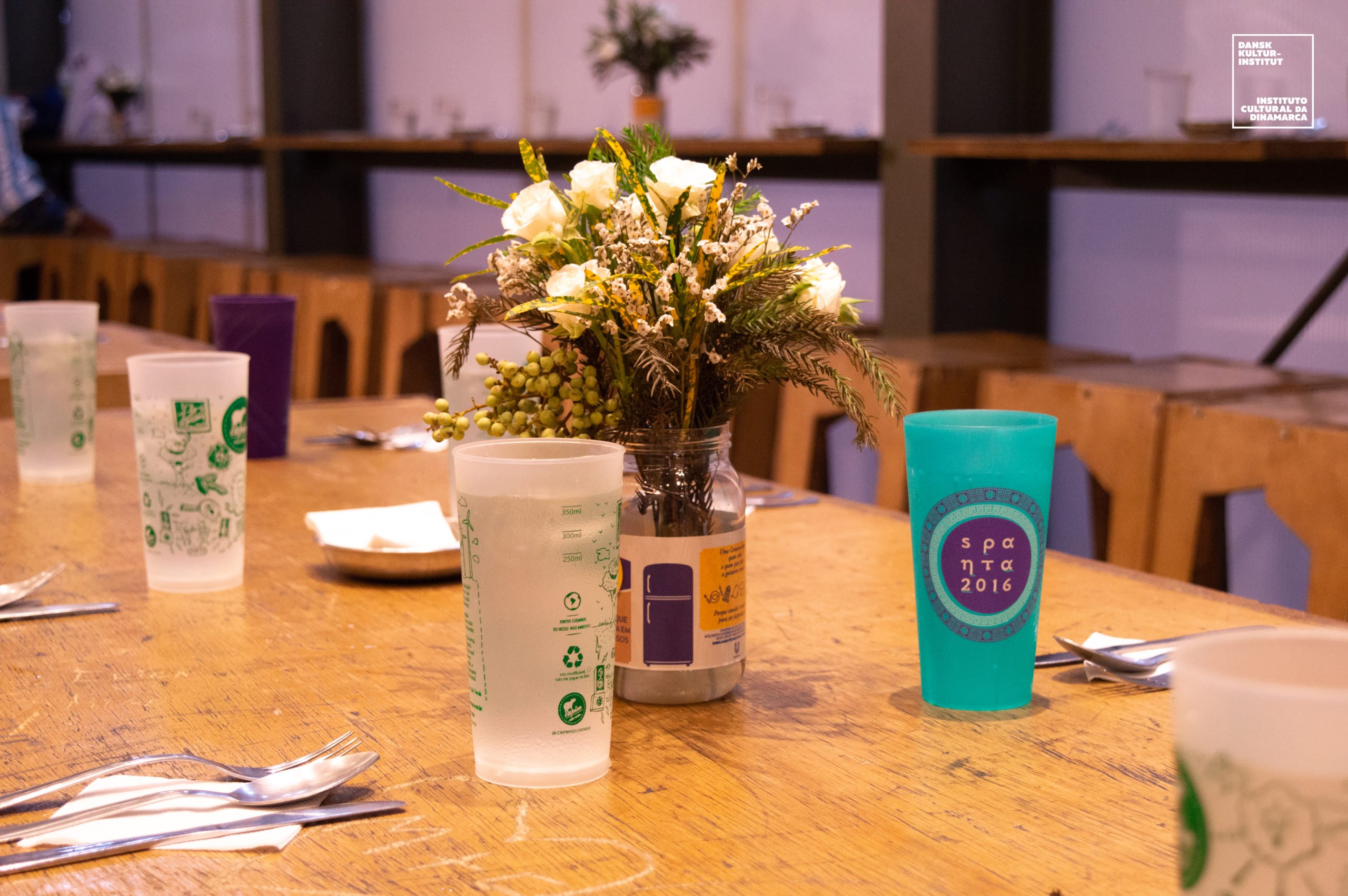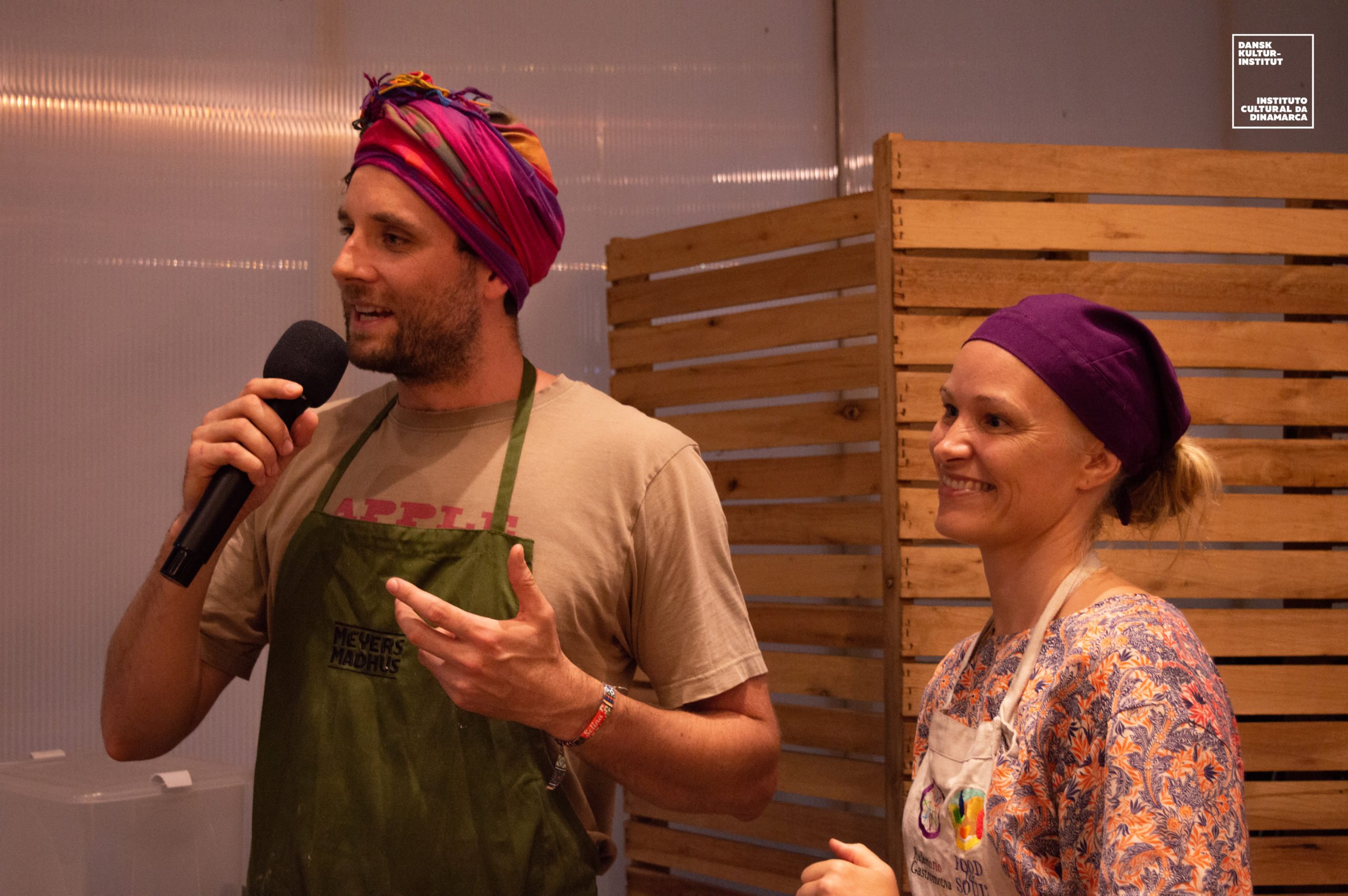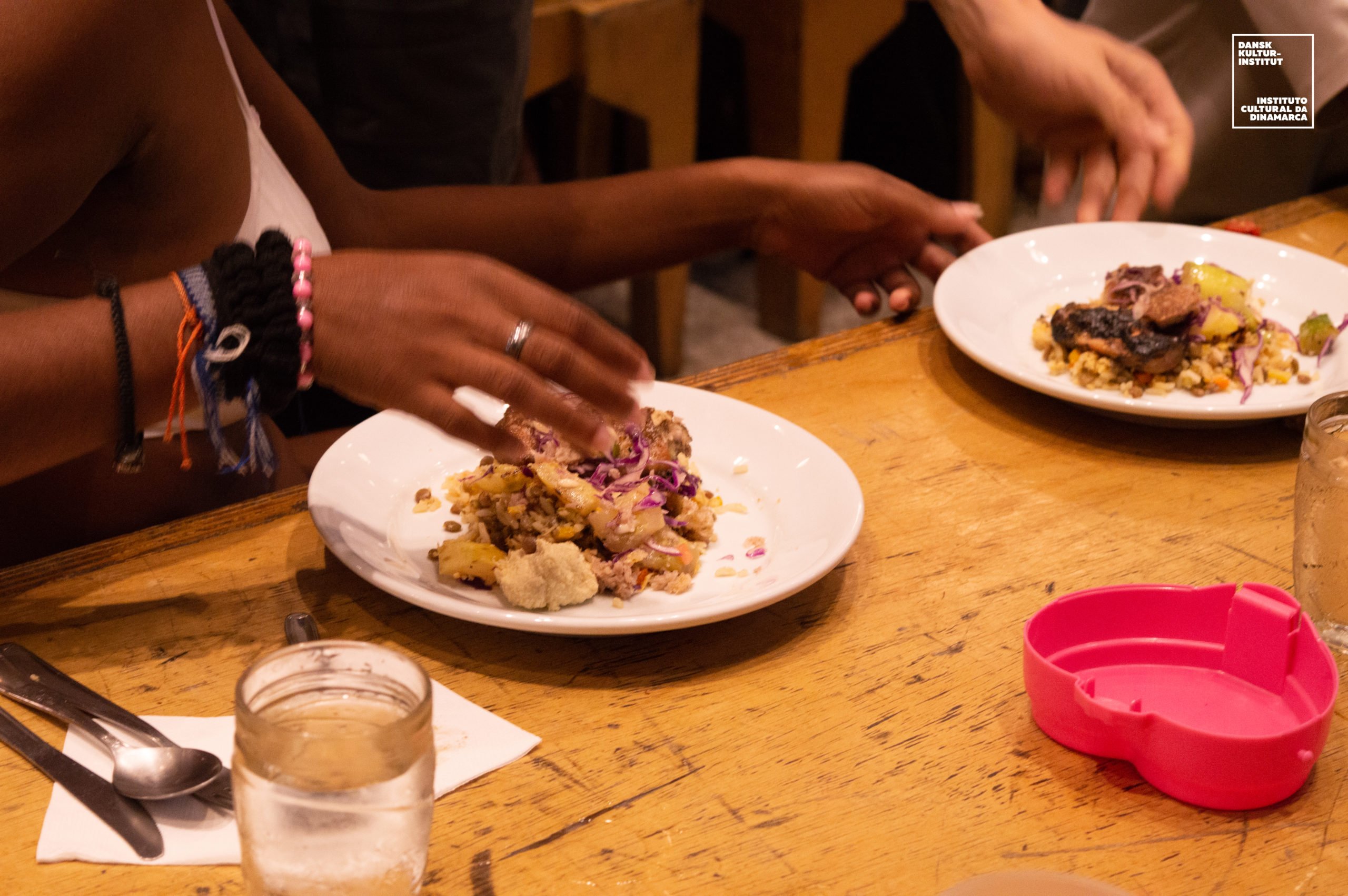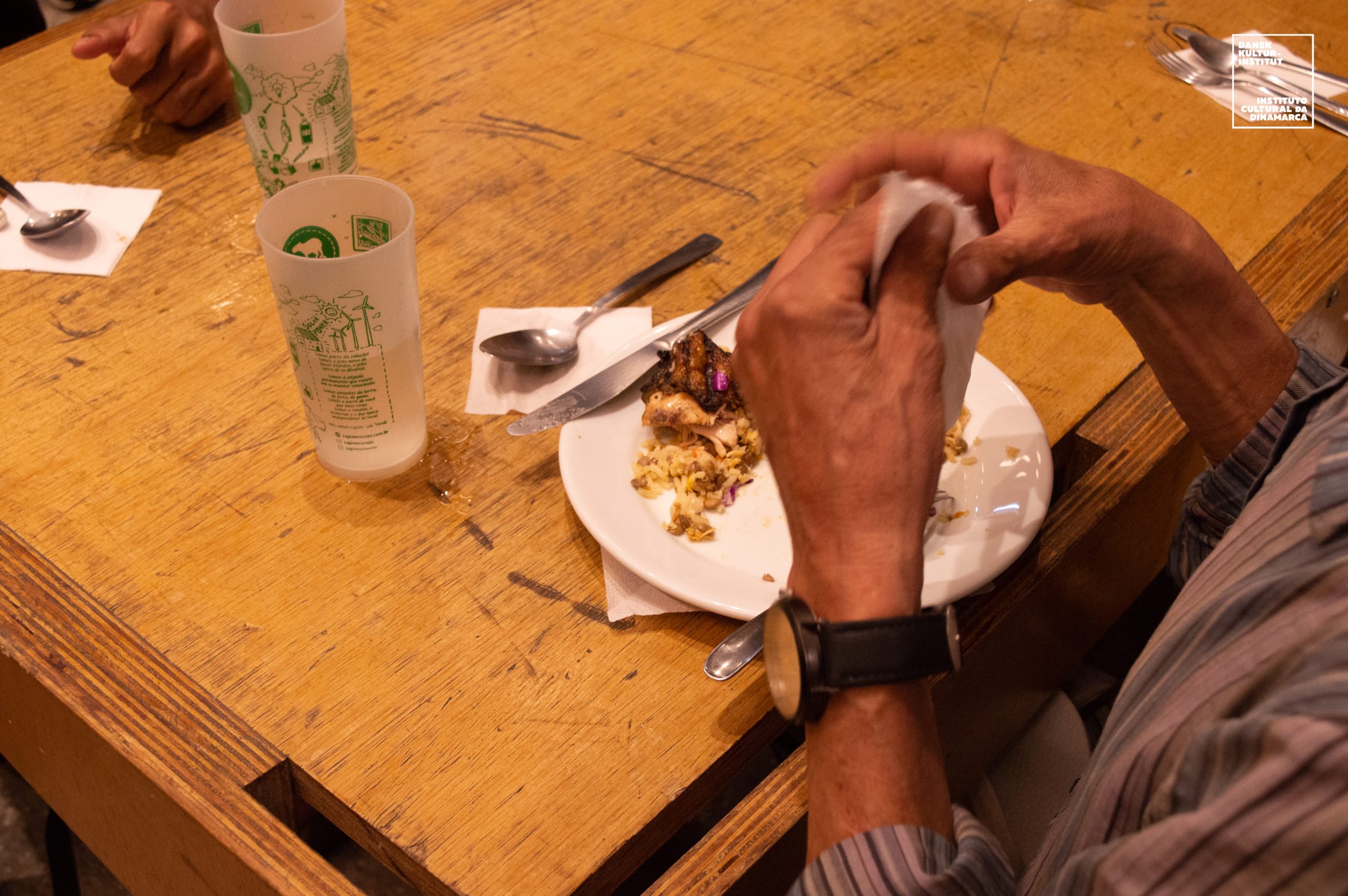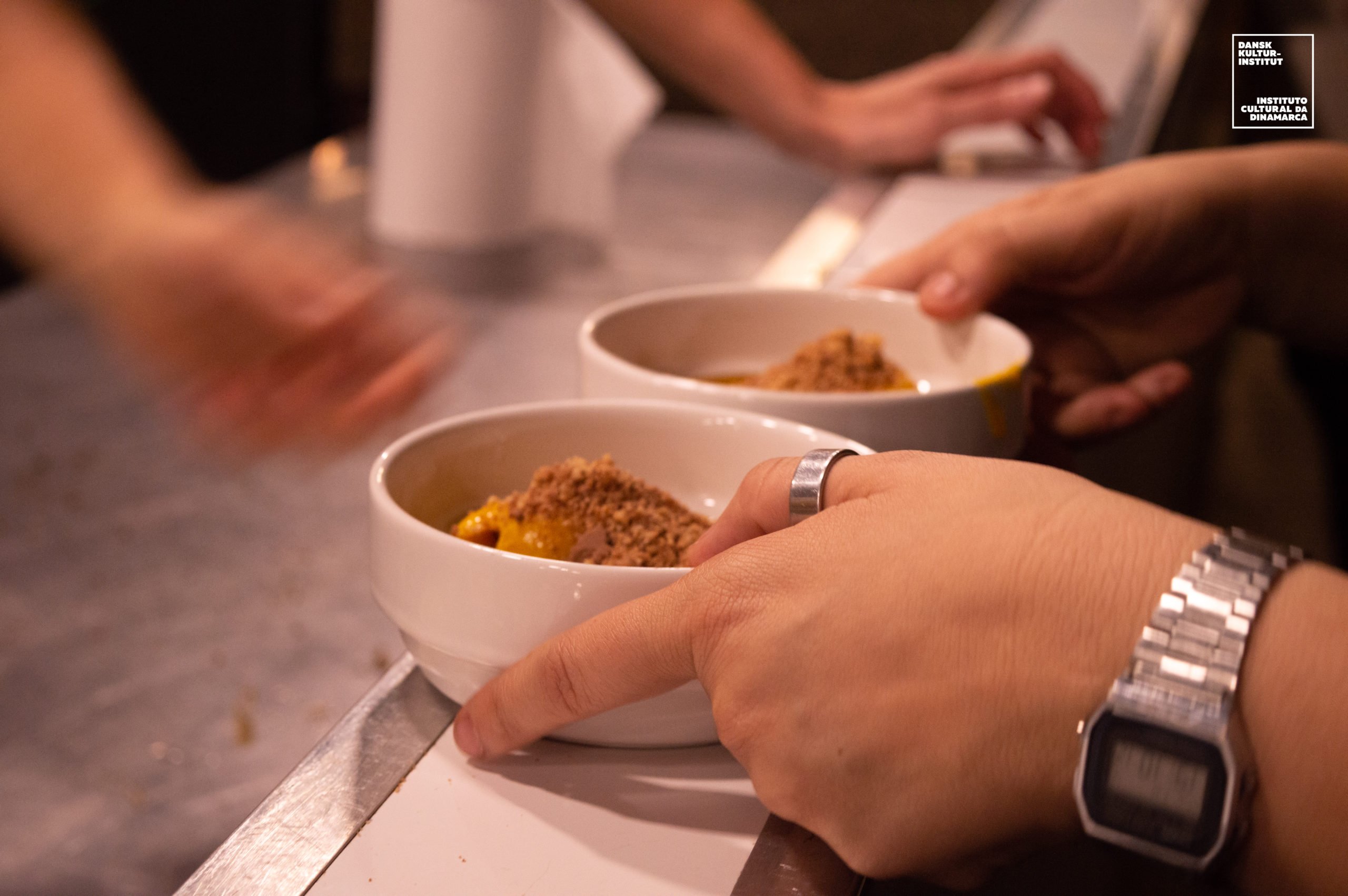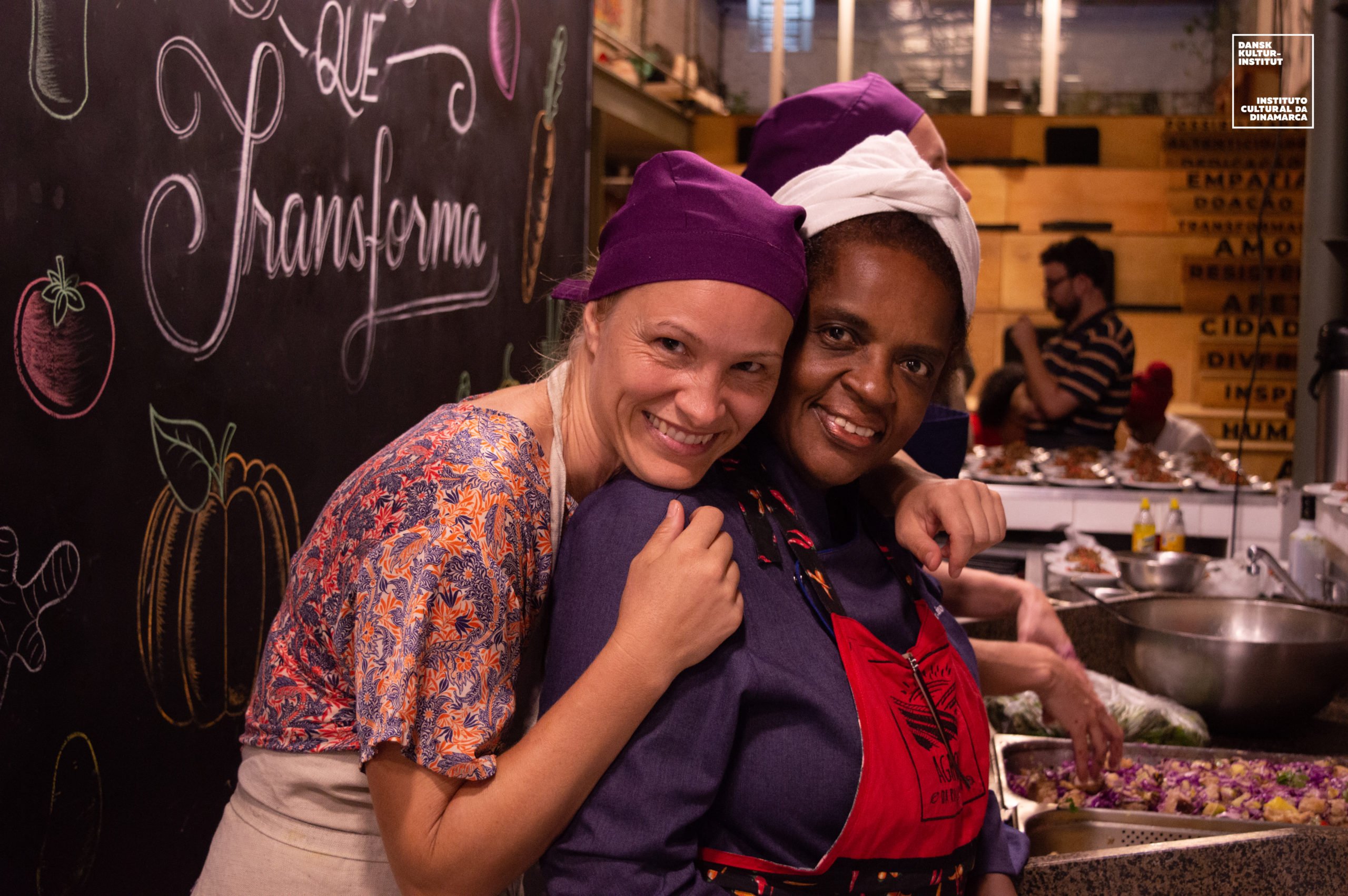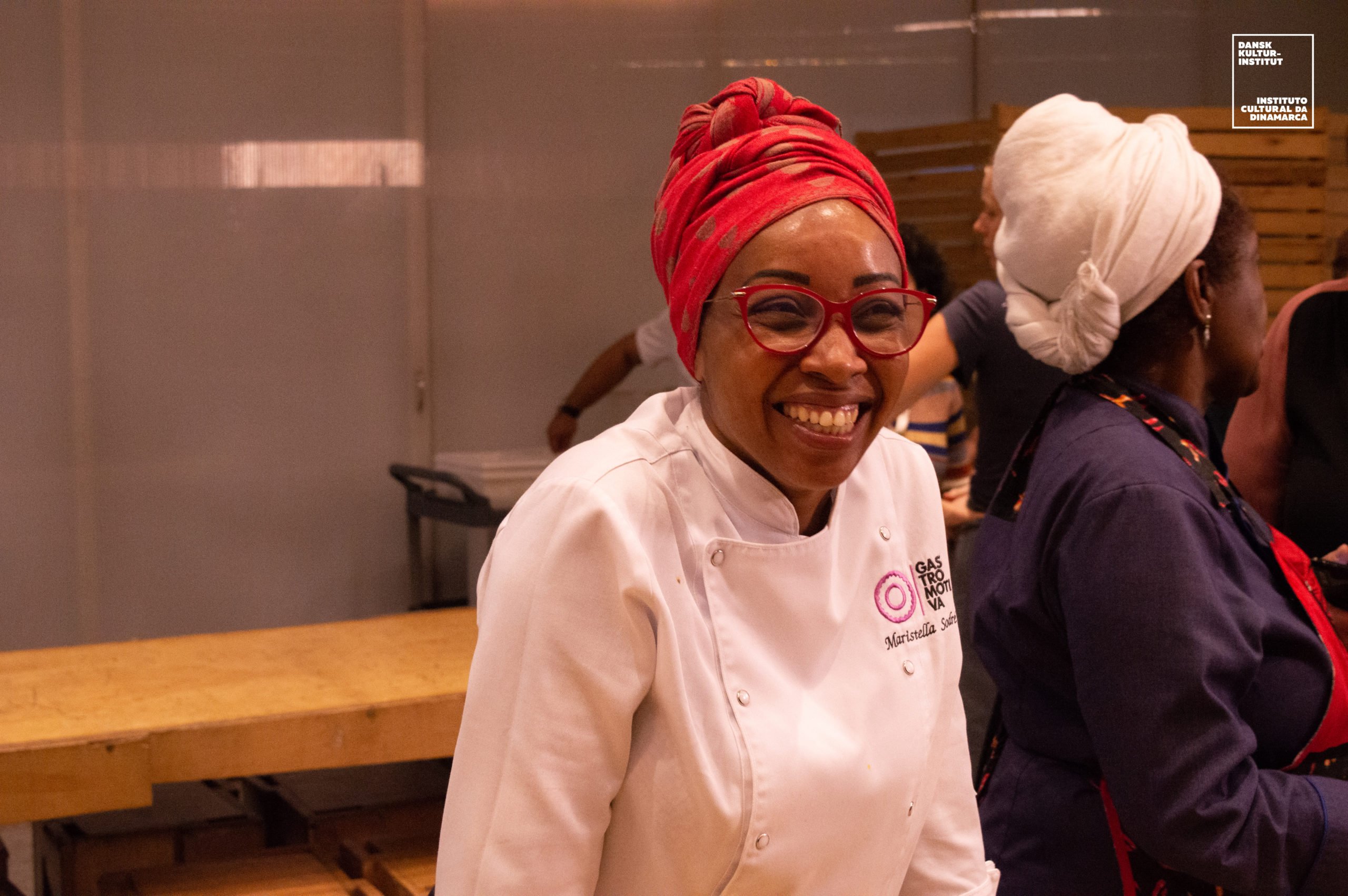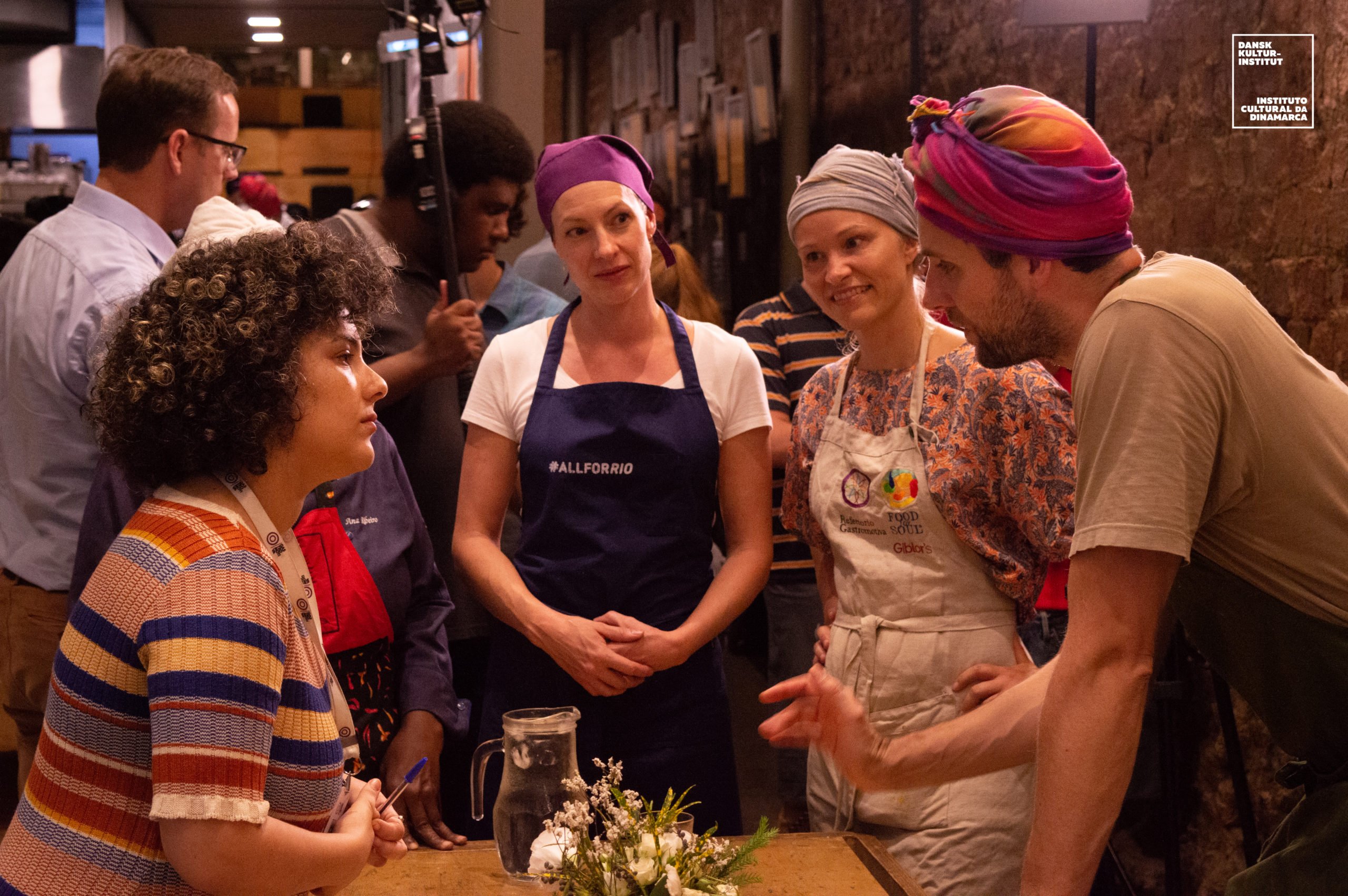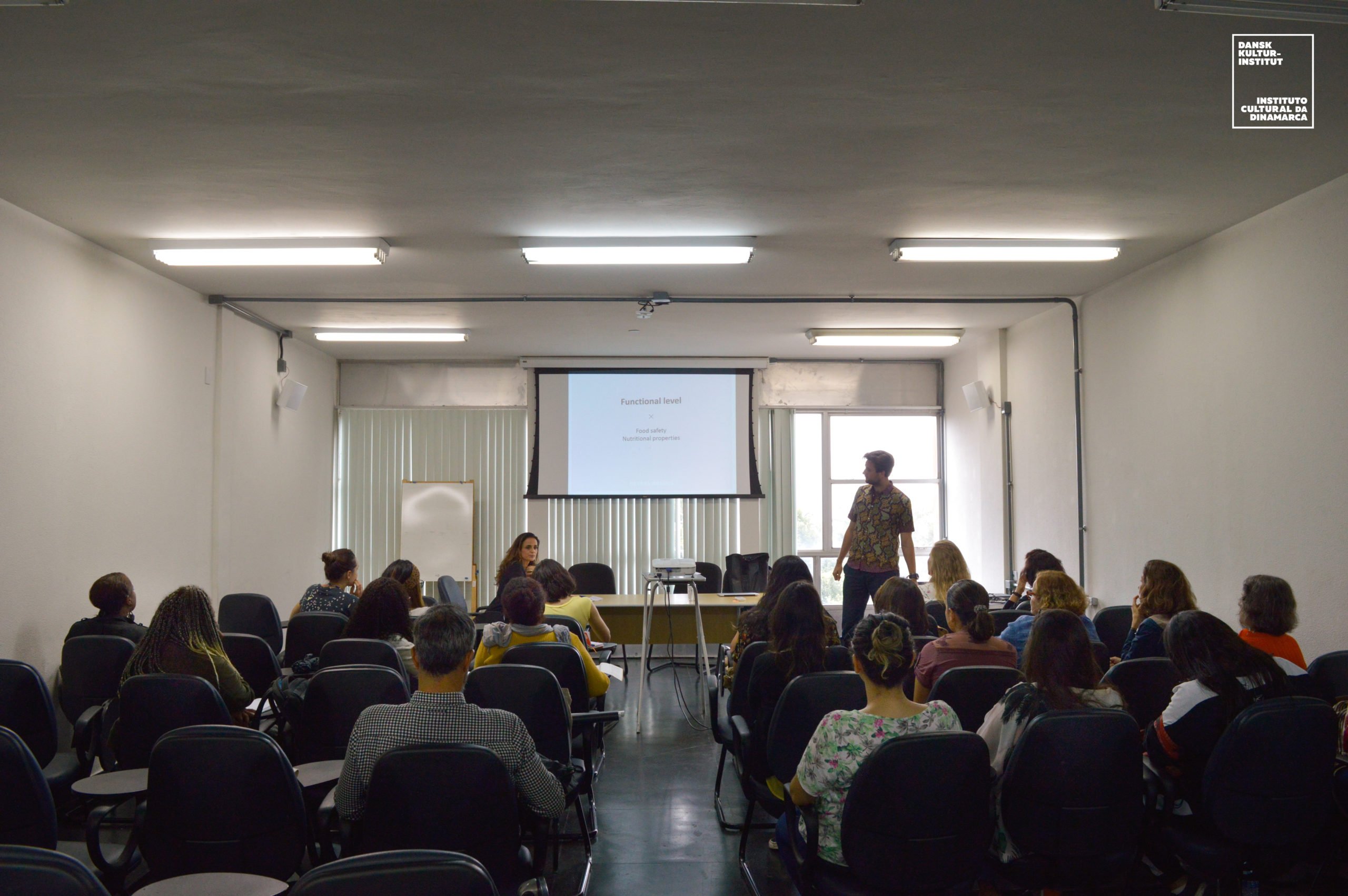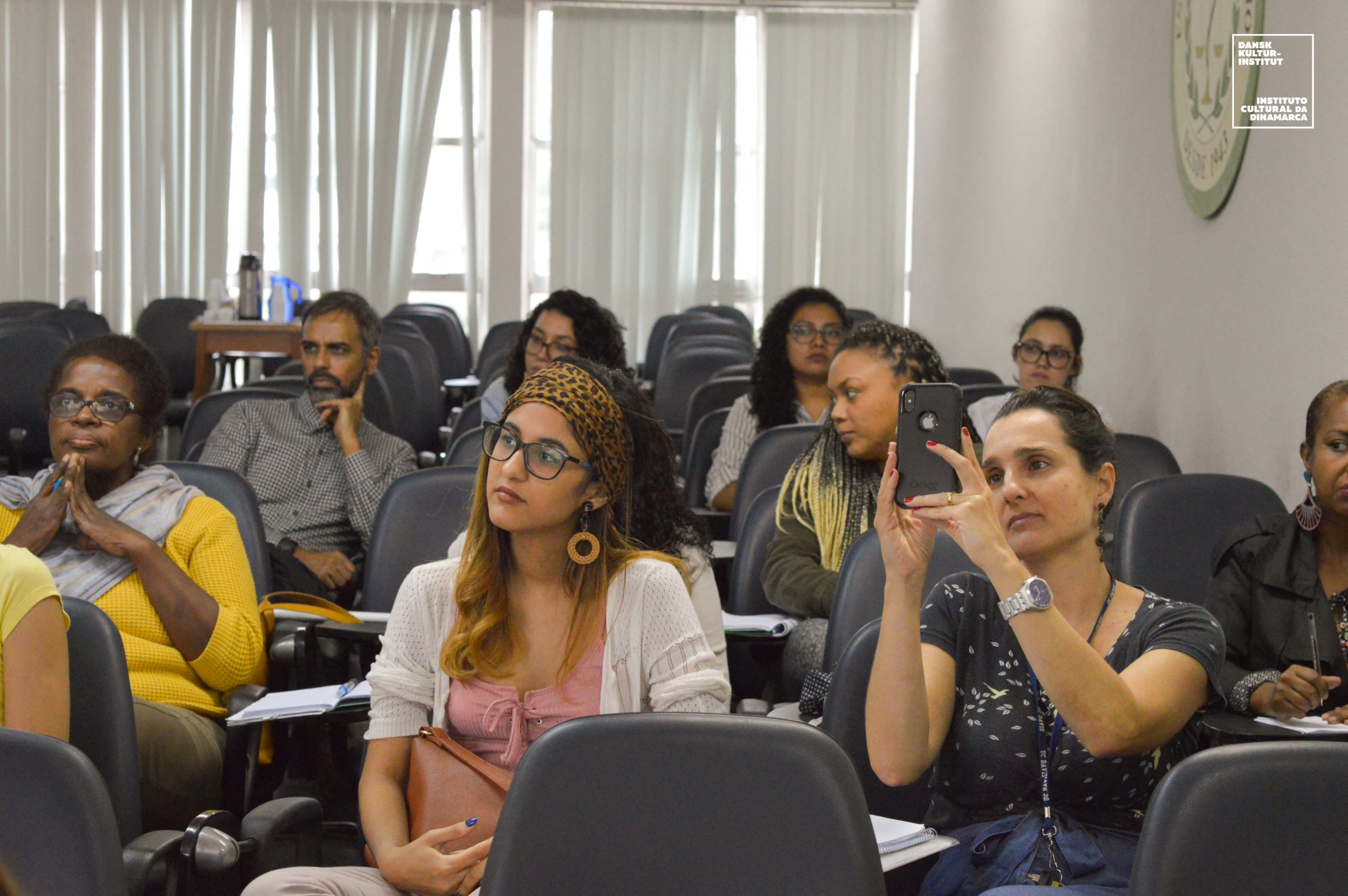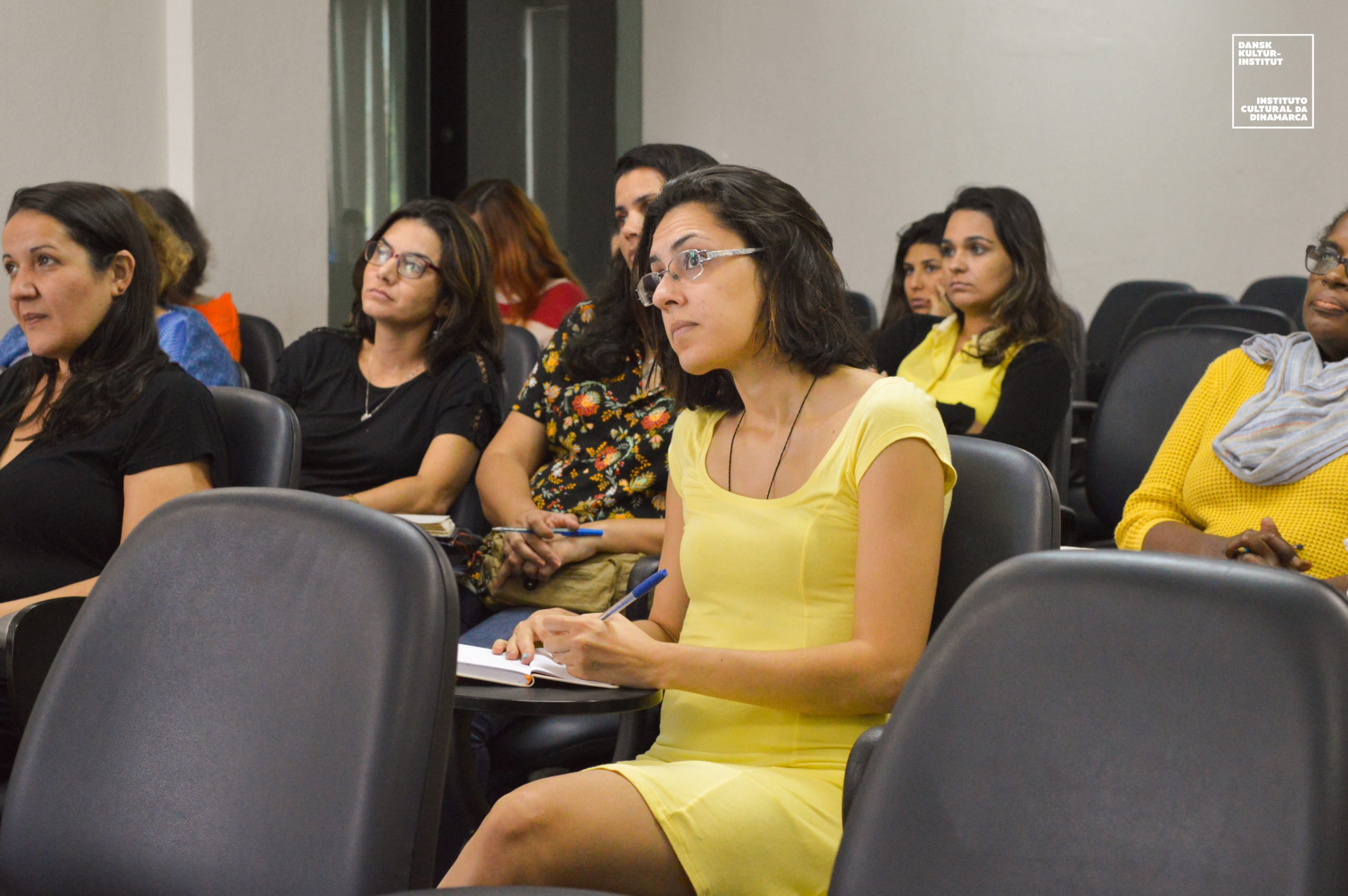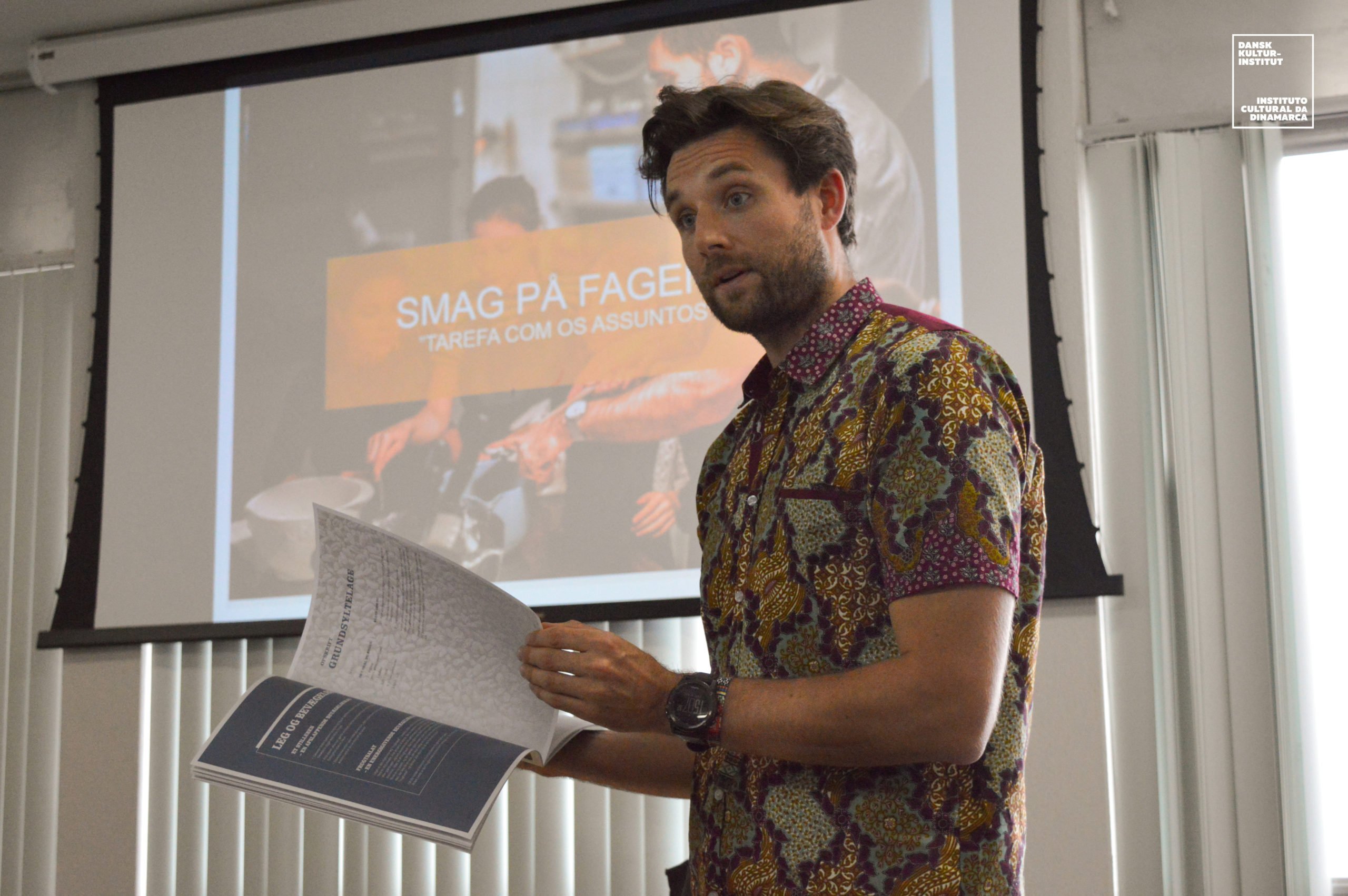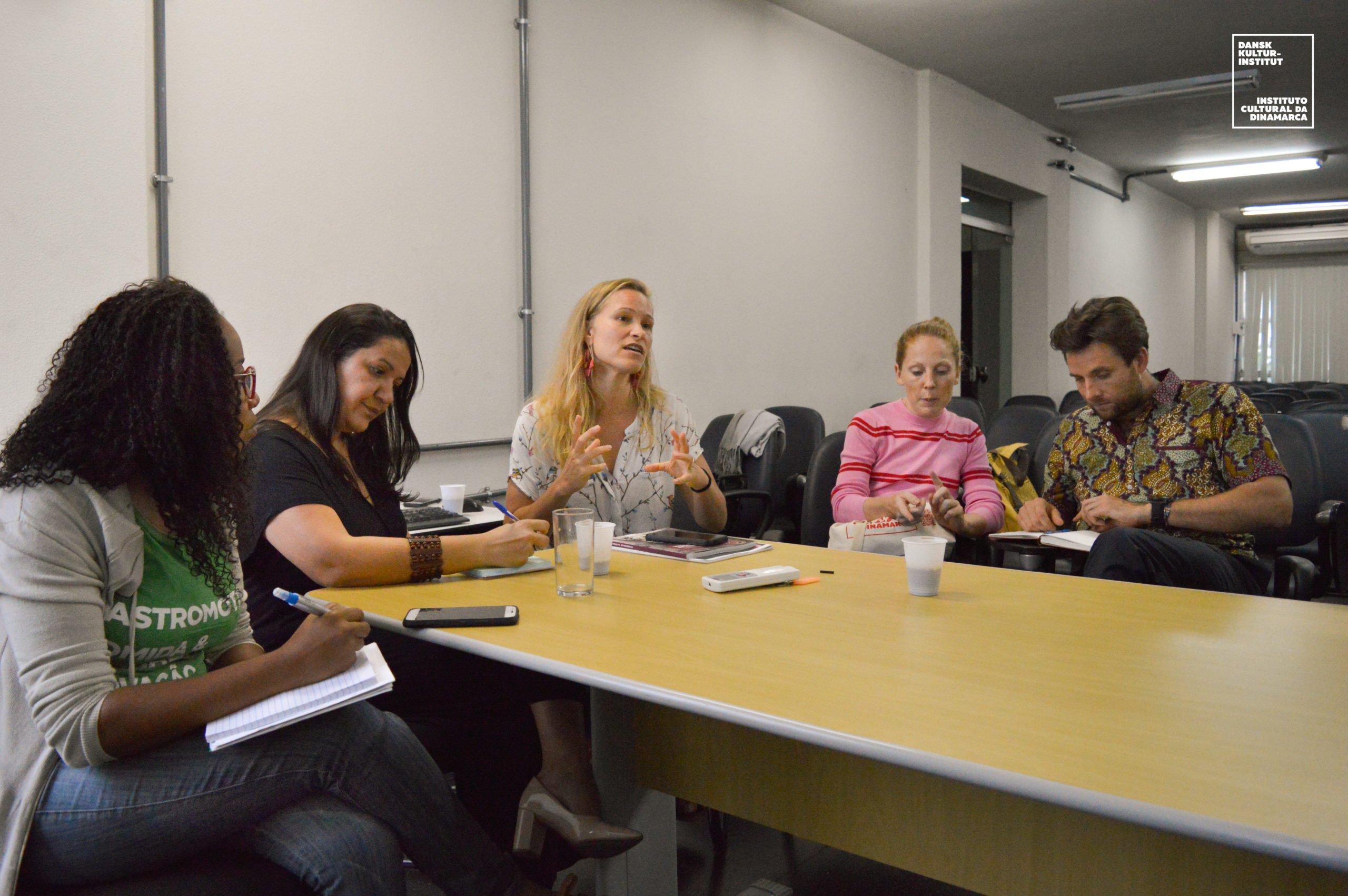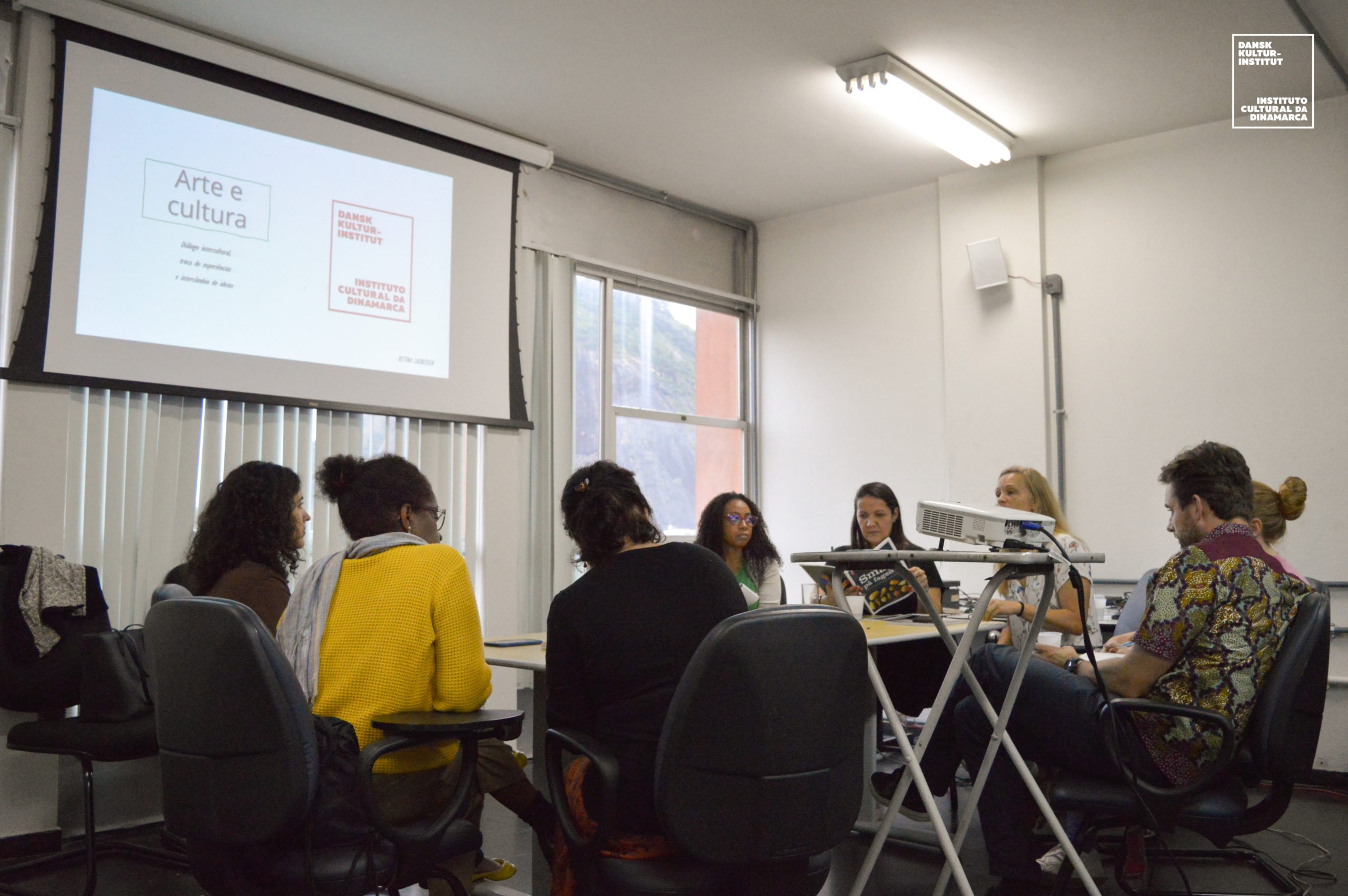Meyers Madhus invited for Minimad
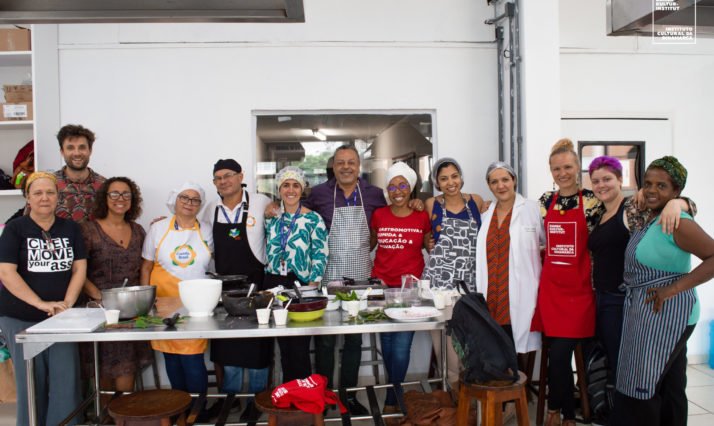
Before closing up the year 2019, The Danish Cultural Institute had the pleasure of receiving Jonas Astrup, head of development from Meyers Madhus, for a research, development and networking tour.
Meyers is a renowned institution of Nordic Gastronomy situated in the capital of Denmark. It was one week of dedicated work, taking part in the first moves towards the creation of the project Minimad, coordinated by the Danish dietician Betina Lauritsen, living in Brazil and working with social impact initiatives.
In Danish, mini is something small and mad means food. Minimad concerns food culture for kids, focusing at healthy and sustainable food consumption.
Food culture is the way we relate to food and refers to eating habits, traditions, economy, attitudes and so on, as well as the networks and institutions surrounding the production, distribution and consumption of food.
Talking about sustainable food consumption in regards to the Minimad project, it includes the following themes: zero food waste; less meat and more veggies; organics; local produce; seasonal foods; and use of wild foods. Brazil is rich in biodiversity, vegetated with about 50 thousand species. As 10% of all plants are eatable, it means that about 5 thousands of them can be consumed. But the fact is that only 150-200 is being used by the human race, according to FAO, United Nations Food and Agriculture Organization.
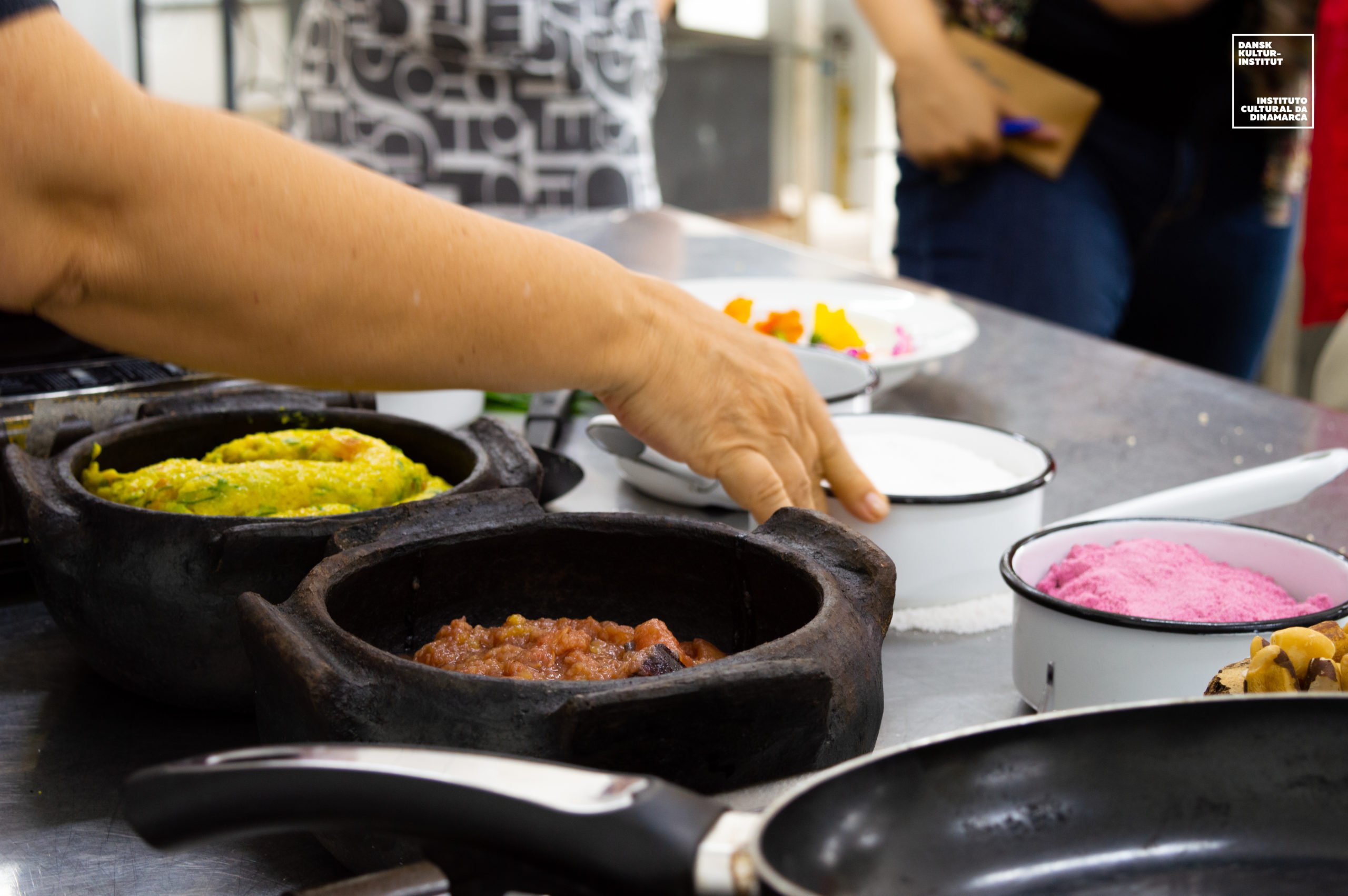
The purpose of Minimad – besides fighting malnutrition and contribute to sustainable eating habits – is to use food as a tool for social change, as poverty and malnutrition are co-related.
For the past 20 years, Meyers Madhus has used food as a mean to spot relevant social agendas. According to Jonas, food joy is the common drive and the meal is the tool to change. Prevalent for the teaching is the desire for the children to have a closer and more sensorial relationship with groceries, cooking and meals, so that their future food choices will be characterized by appetite and food courage, and at best strengthens their self-mastery in the kitchen.
Facilitating and consulting for both private and public stakeholders, a significant part of all activities at Meyers have children as the primary focus. This includes a larger educational program for all public elementary schools in the Municipality of Copenhagen.
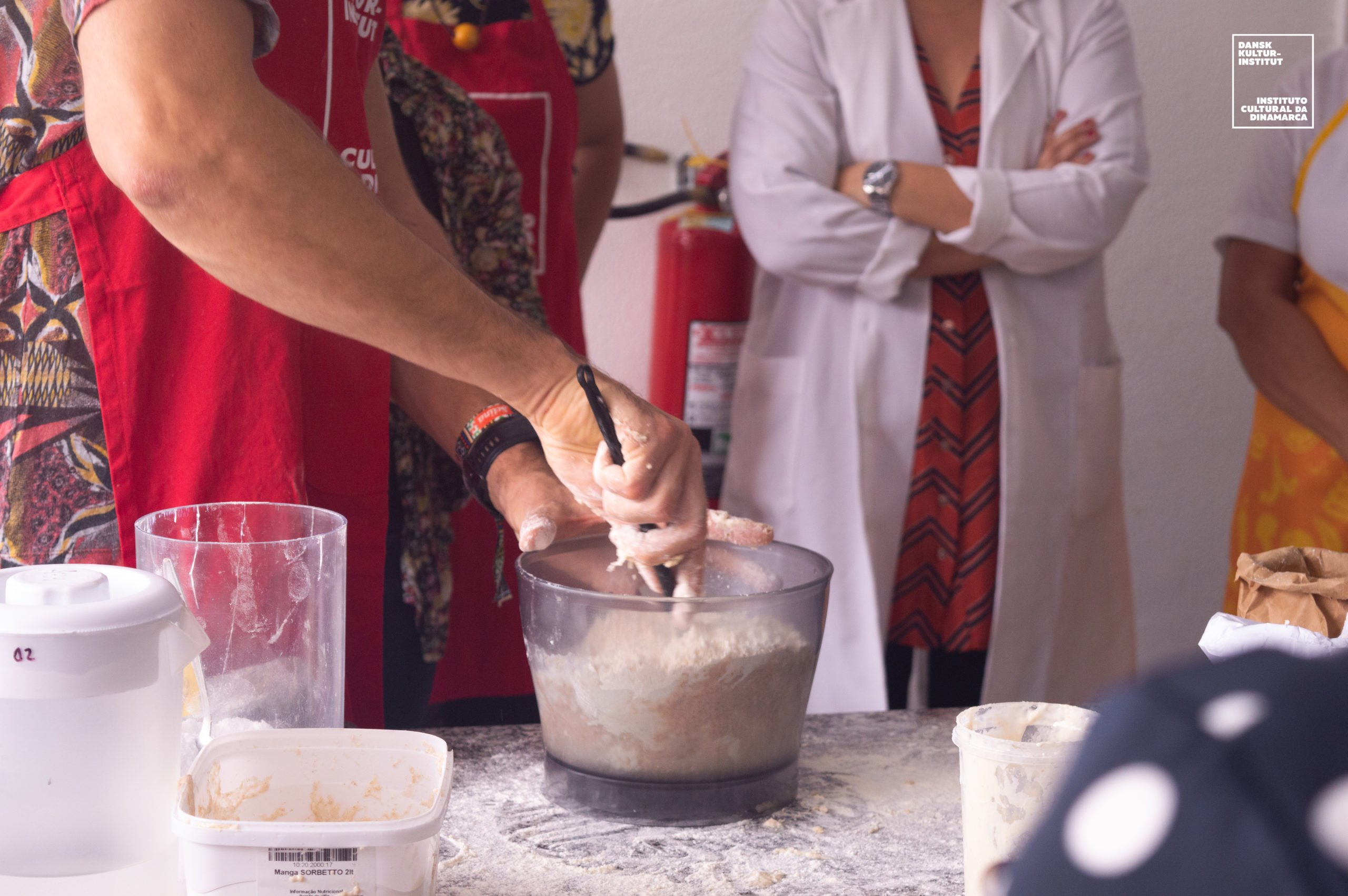
During the stay in Rio de Janeiro, Jonas visited a pre–selected group of Brazilian institutions and organizations representing a variety of approaches to the topic Food Culture for Kids with emphasis at healthy and sustainable food consumption. This included chefs, educational institutions, universities, social organizations and municipality projects (see partners below).
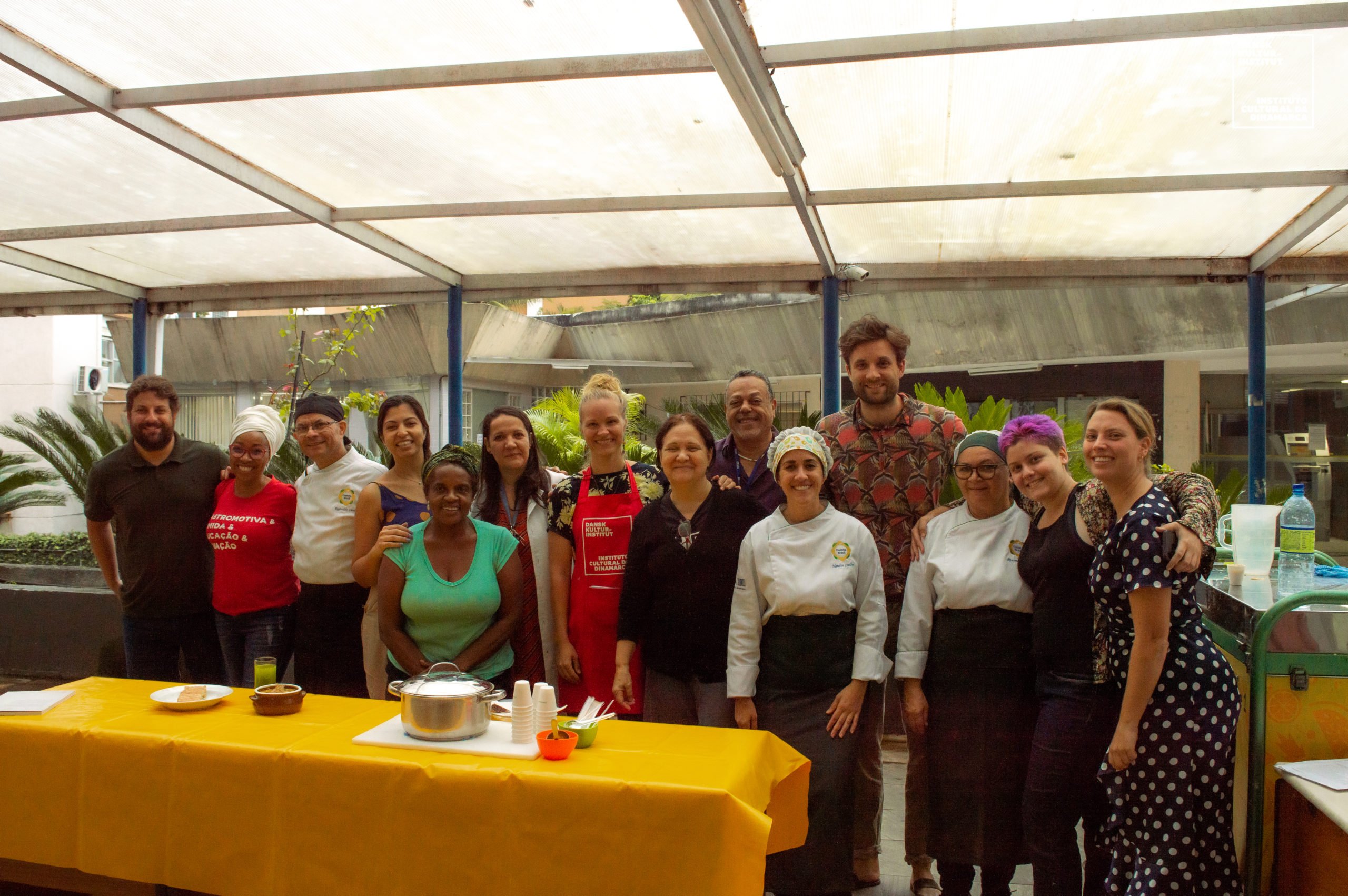
02/12 [monday]
The week was kicked off with a joint day where all partners were gathered to exchange experiences – theoretically as well as hands on activities. Jonas shared the making of natural fermented bread, which is a great part of Danish food culture and often used at Meyers Madhus in their activities for kids. Instituto Maniva showed the Brazilian answer to bread: a tapioca, type of flatbread made of manioc flower, which is part of their public school project. And as example it was stuffed with wild foods. The Cozinha Brasil (Brazilian Kitchen) let us produce healthy vegetarian food with no food waste in their mobile kitchen. And so it continued. Summed up all participants got to know each others initiatives and work related to children with the purpose of finding common share points for further collaboration.
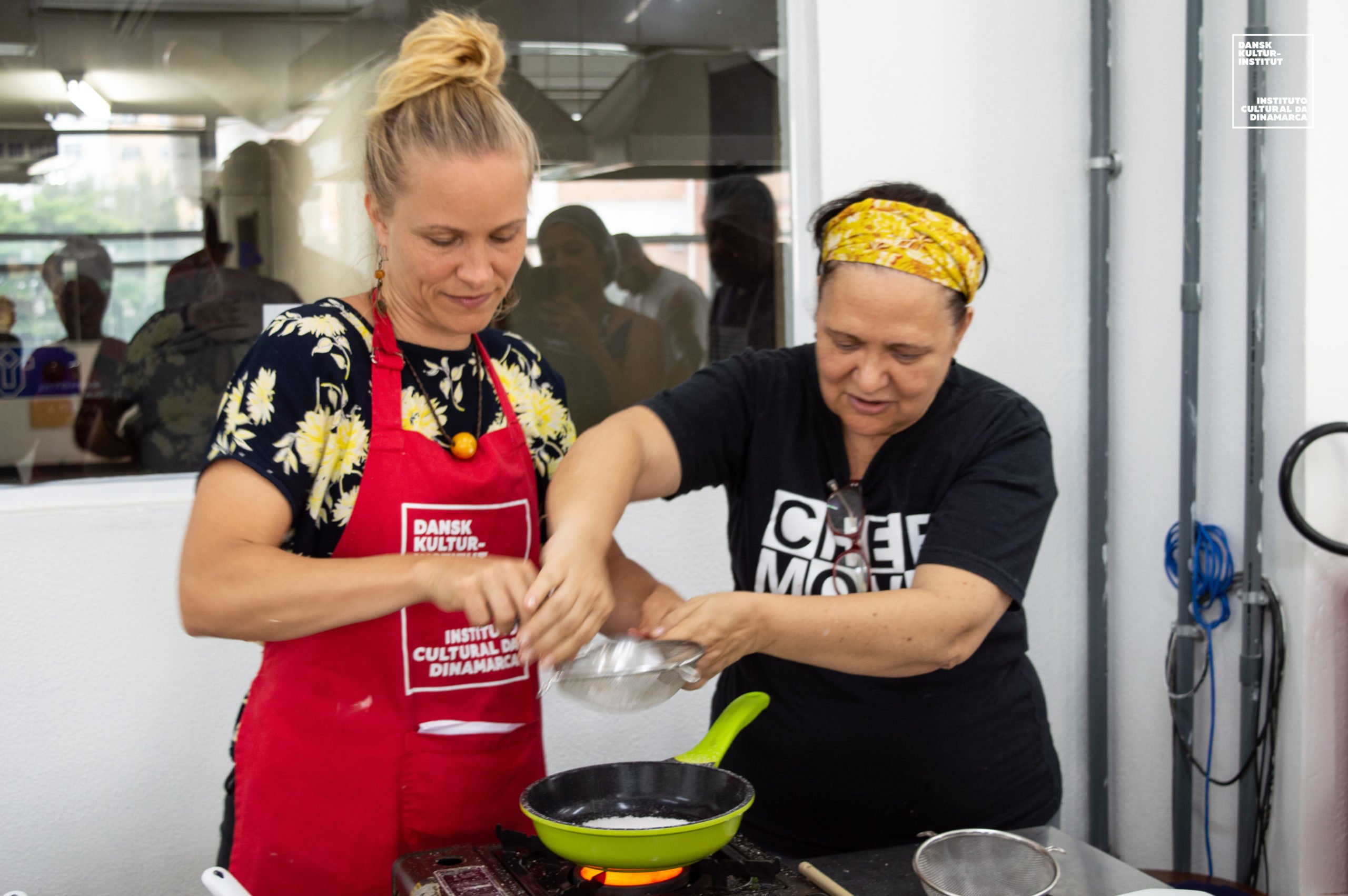
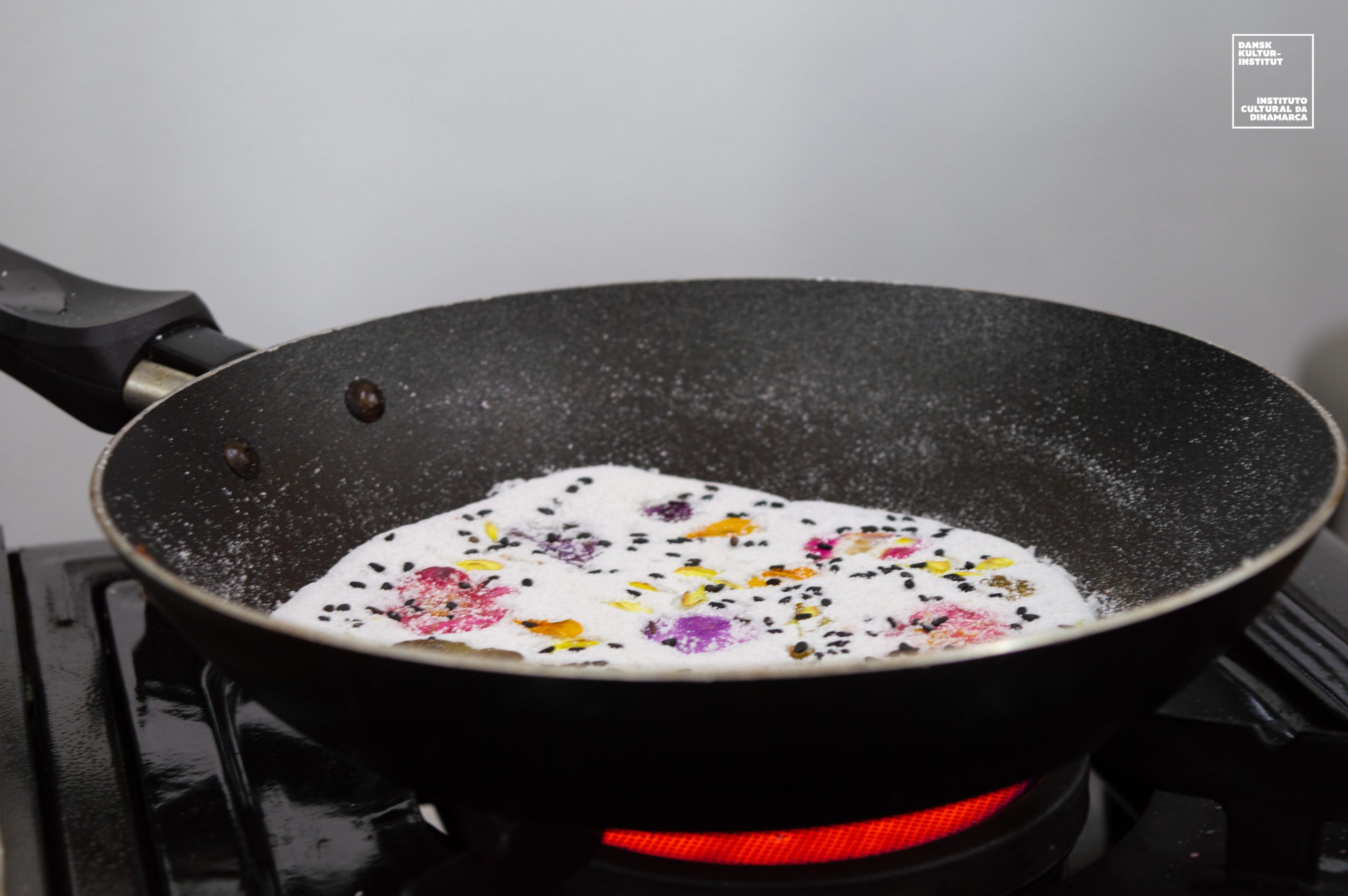
03/12 [tuesday]
The week continued with a visit at the educational institution Unisuam, where our partner Gastromotiva held the final evaluation of their product development course with 30 young chef students. The criteria were healthy and sustainable products and they managed to represent a varity of interesting suggestions.
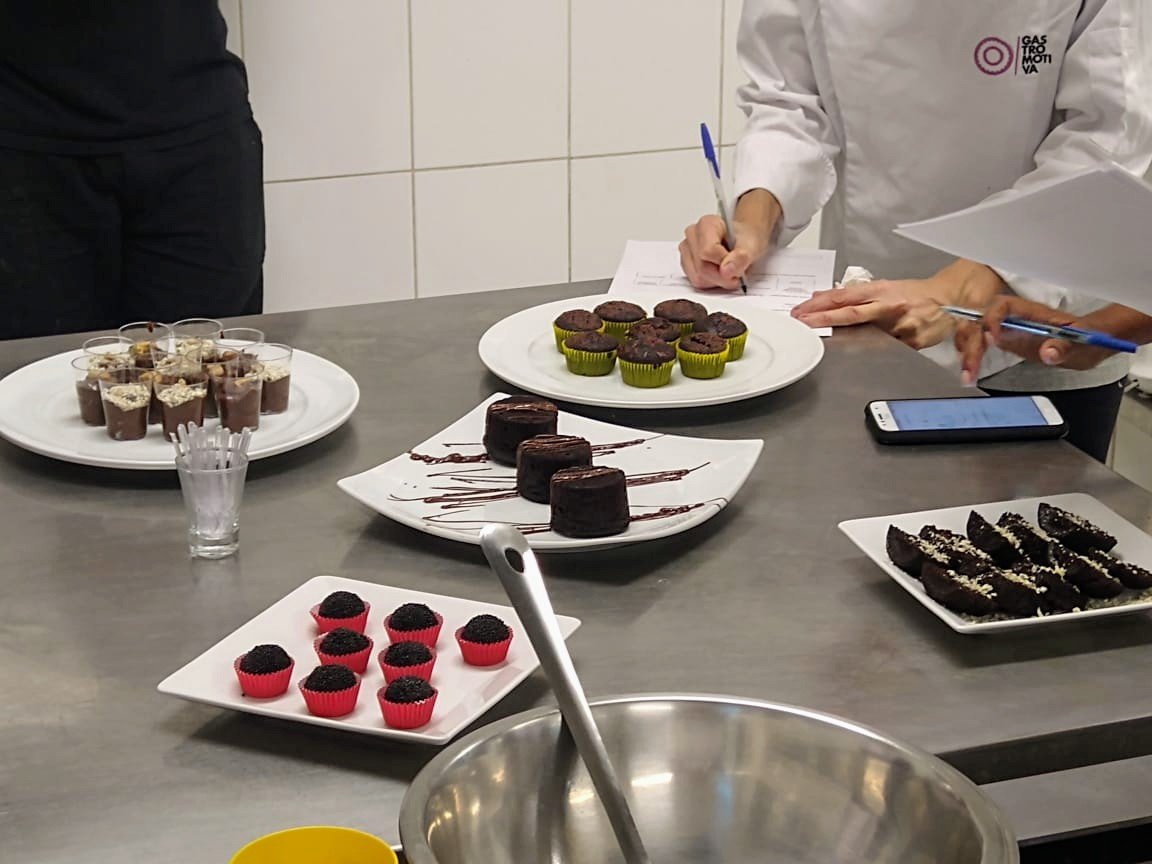
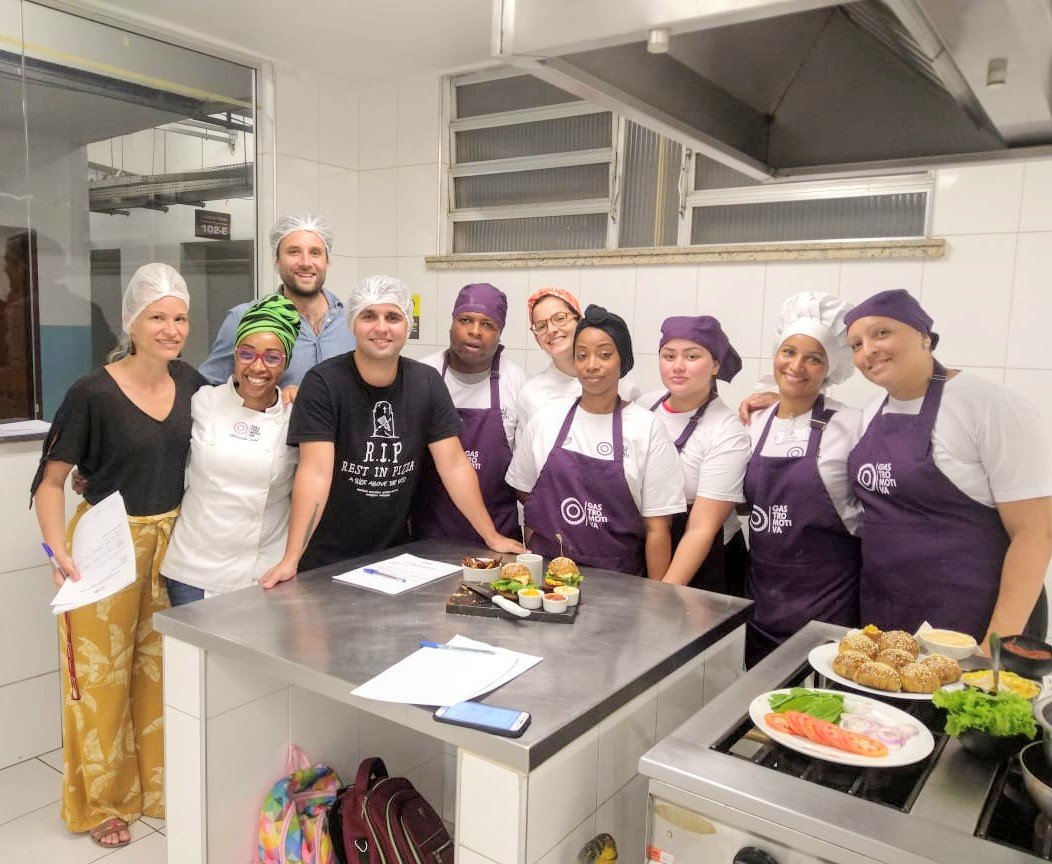
04/12 [wednesday]
Next day was spent at the kitchen at Gastromotiva were Jonas was the invited chef guest for the evening, preparing a 3 courses charity dinner for 90 people from vulnerable situations. The Danish Cultural Institute had invited the Nordic community and gathered a splendid team of volunteers either serving or cooking in collaboration with a smaller team of Gastromotivas chef students. Jonas biggest impression of the night was a eating guest thanking him for the delicious dessert which had reminded him of his birth town which he hadn’t visited for the last 15 years.
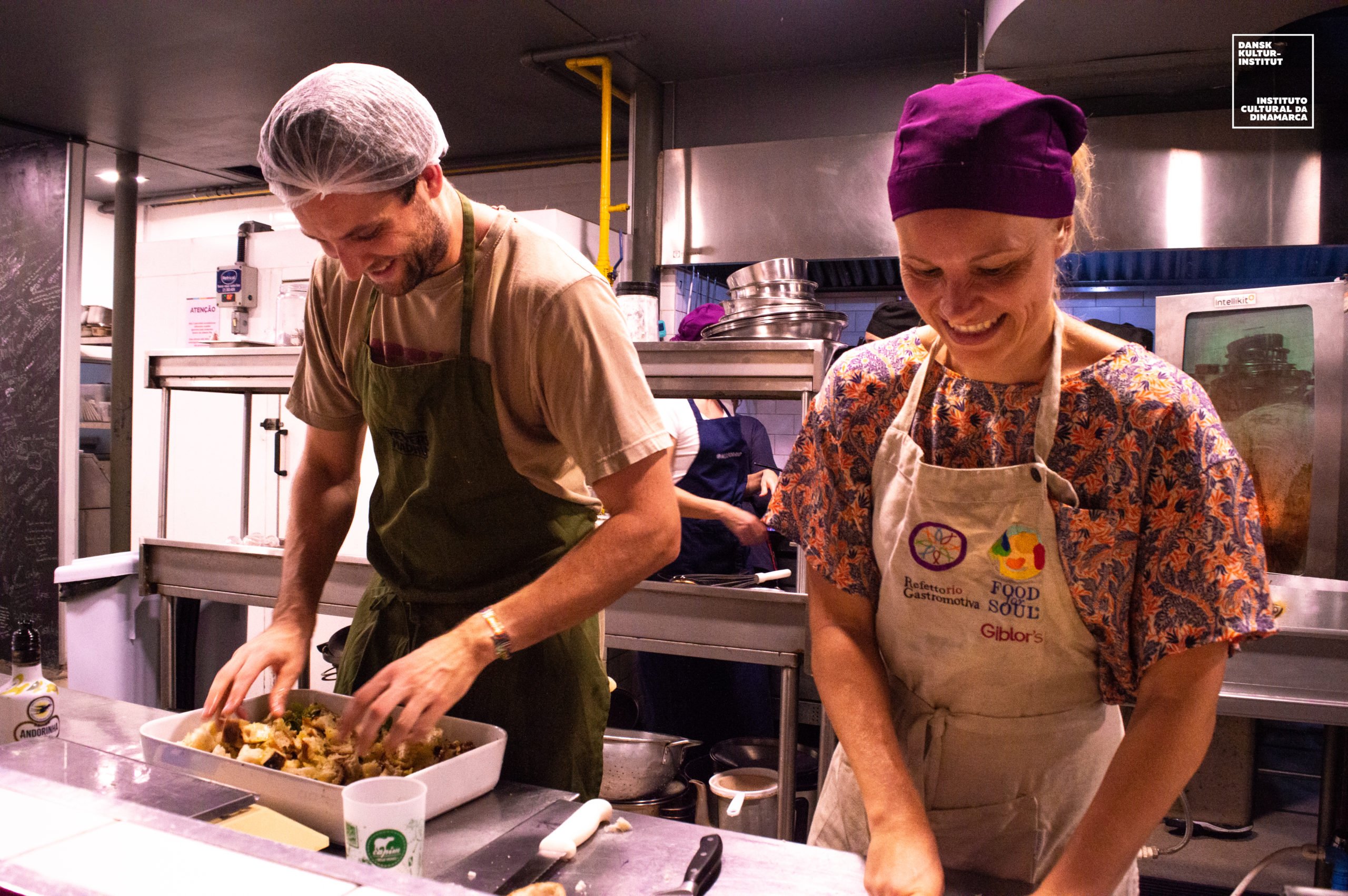
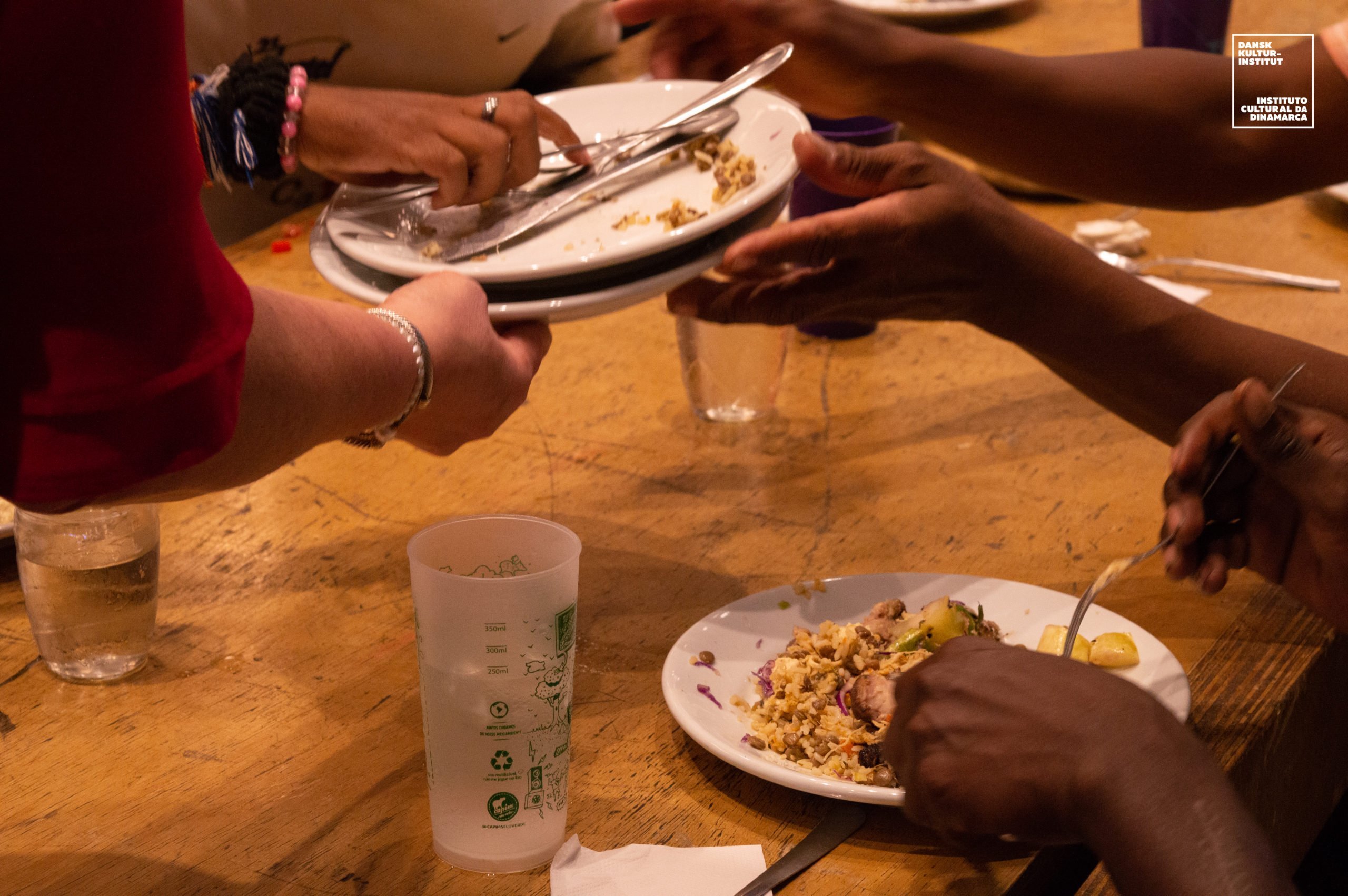
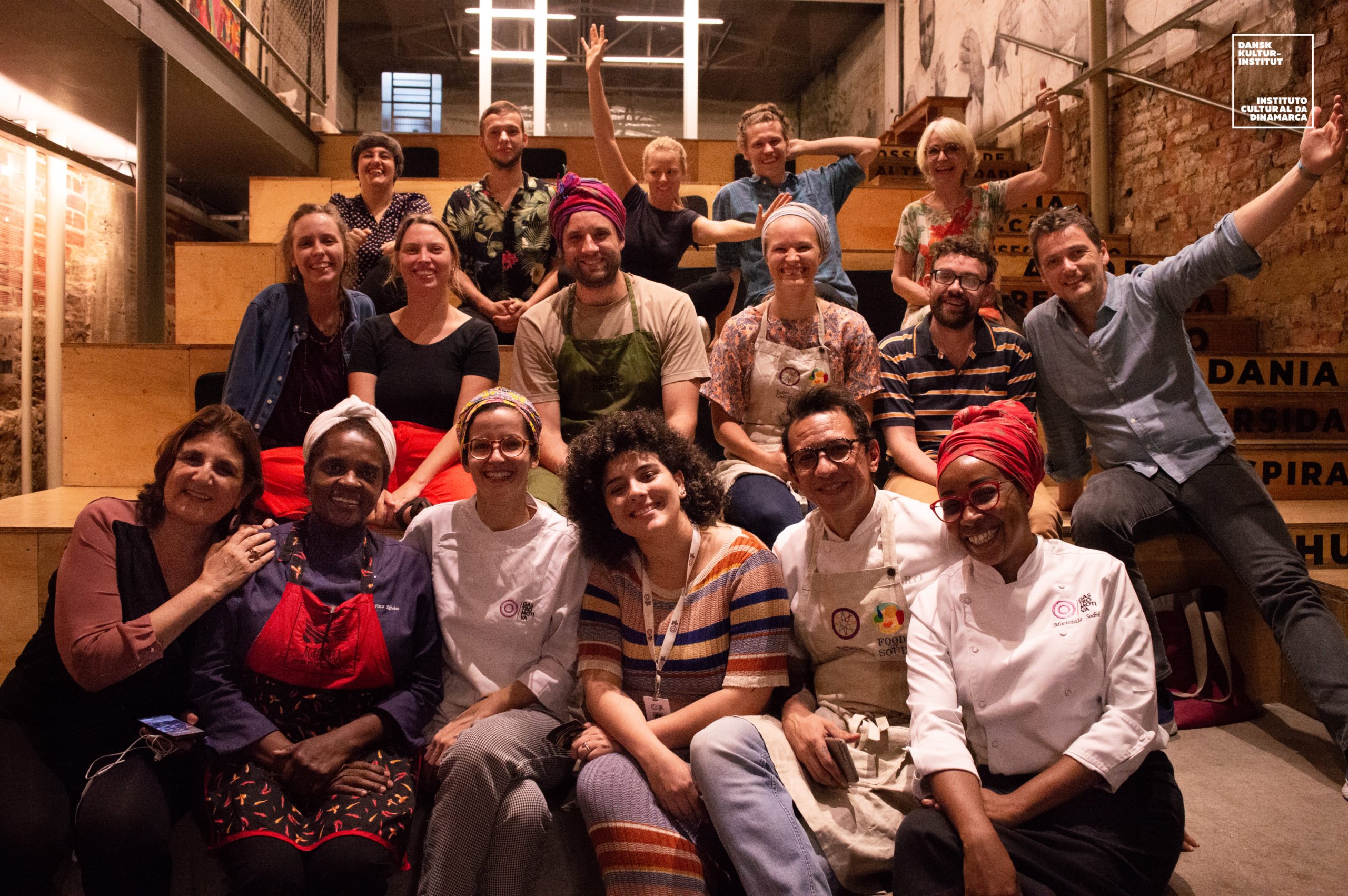
05/12 [thursday]
Early the following morning we took off to pay a visit at the project department associated with the Health and Education Secretary in the municipality of Duque de Caxias in the suburb of Rio de Janeiro, as well as a visit at one of the public schools related to the secretary. It gave an impression of the hard conditions that the department is up against and an introduction to the problems they are facing in the health area.
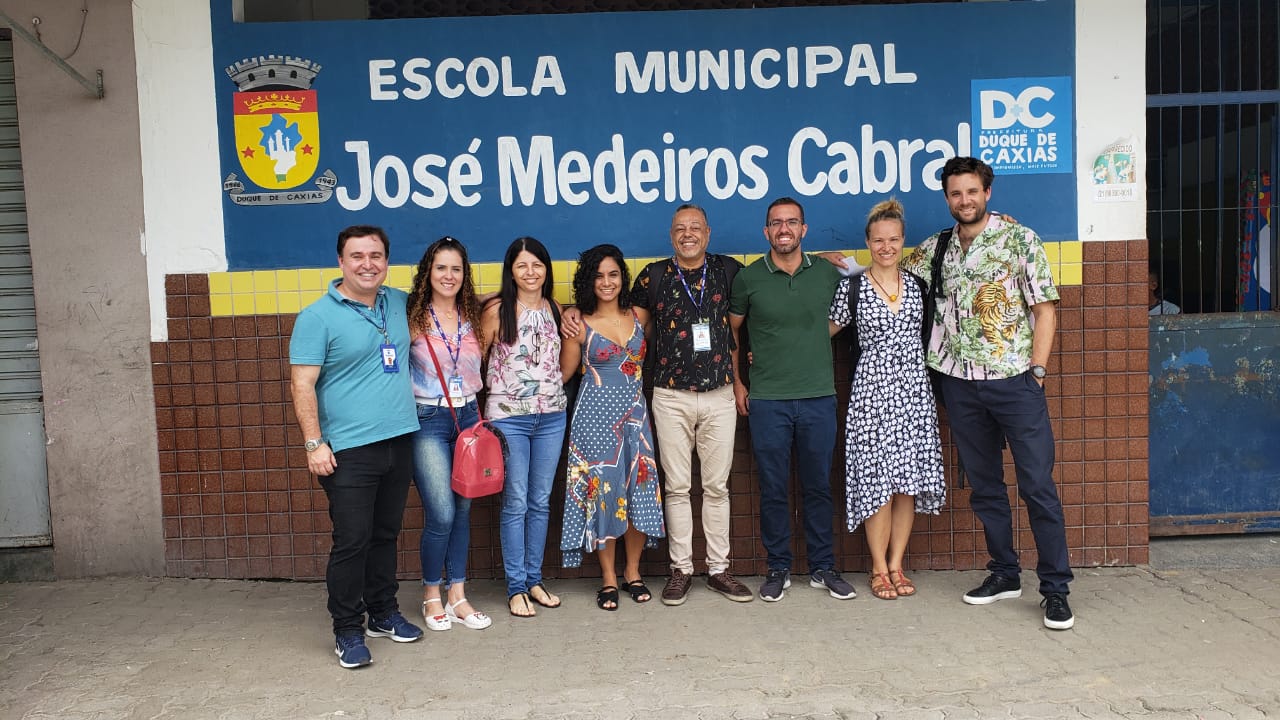
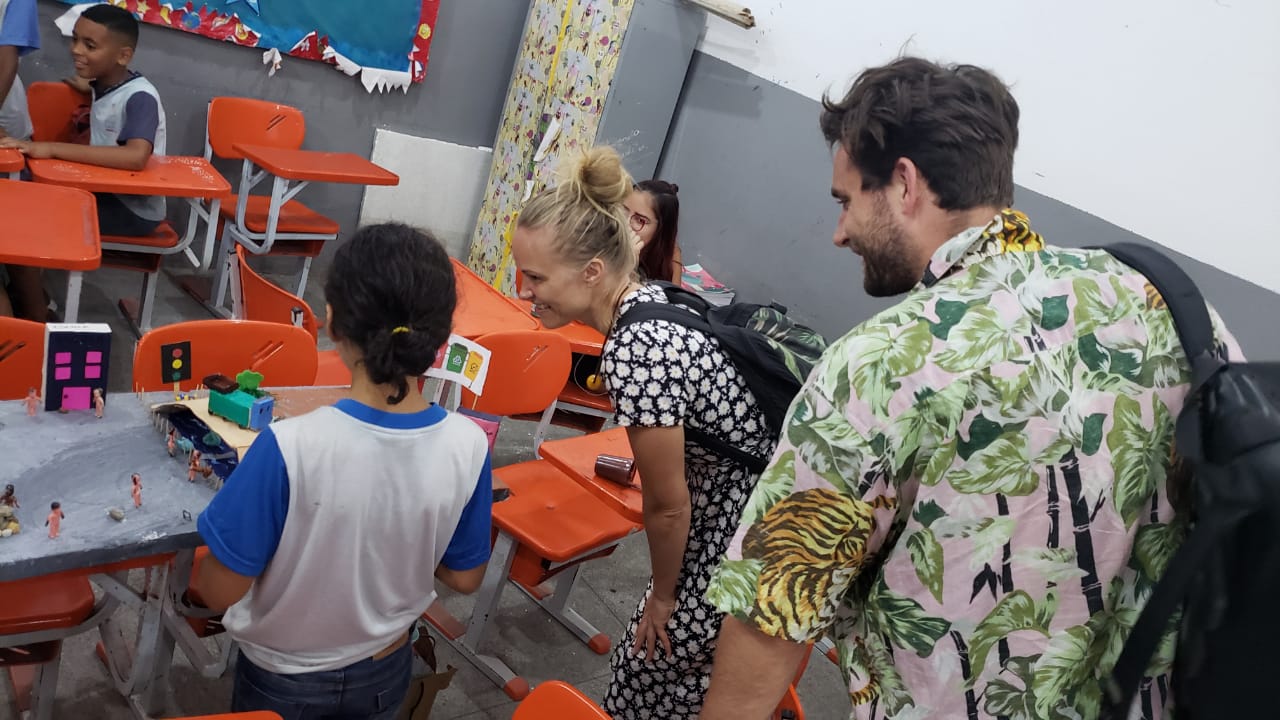
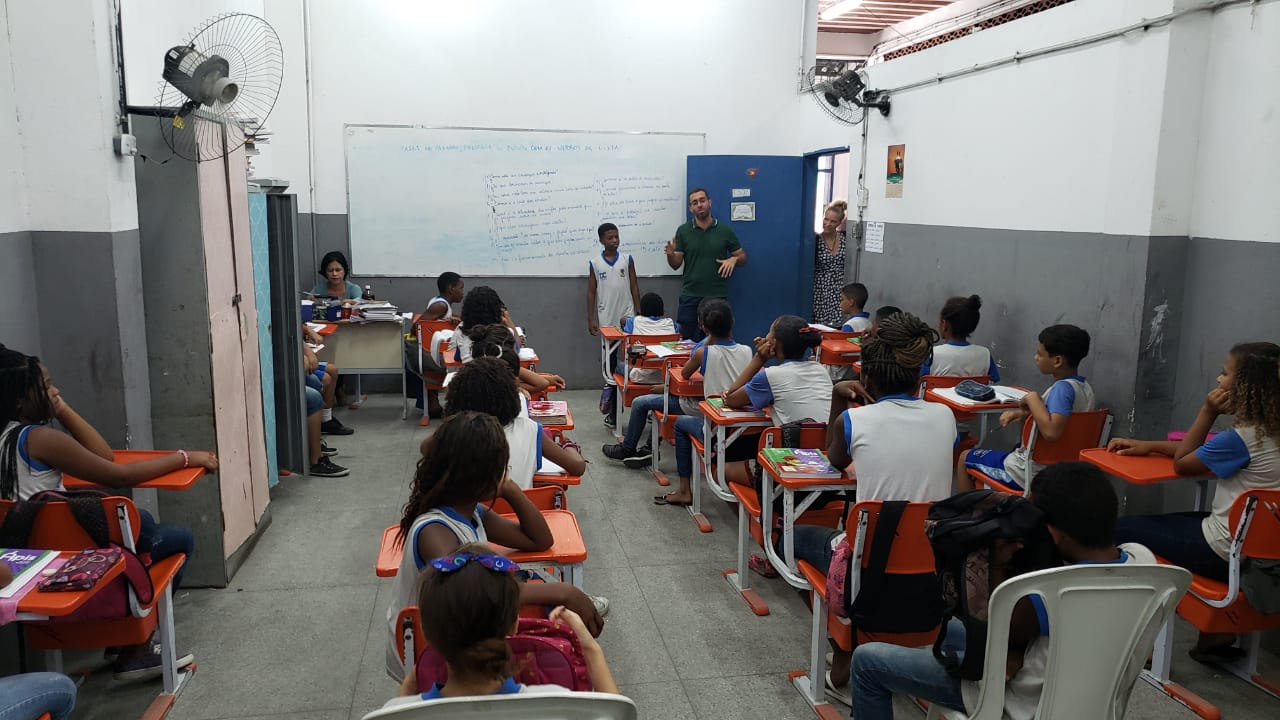
06/12 [friday]
Last programmed activity was a lecture at Unirio by Jonas Astrup; “Food Courage – sensory at a child’s height” – examples of how to use food as a tool, kitchen as a learning room and the meal as a gathering point, to create common understanding and responsibility for healthy and tasty food, supporting children’s development and well-being.
A highly informative and productive week for all participants where we got a step closer to the intercultural differences and indeed similarities, all with the same purpose of social change through food.
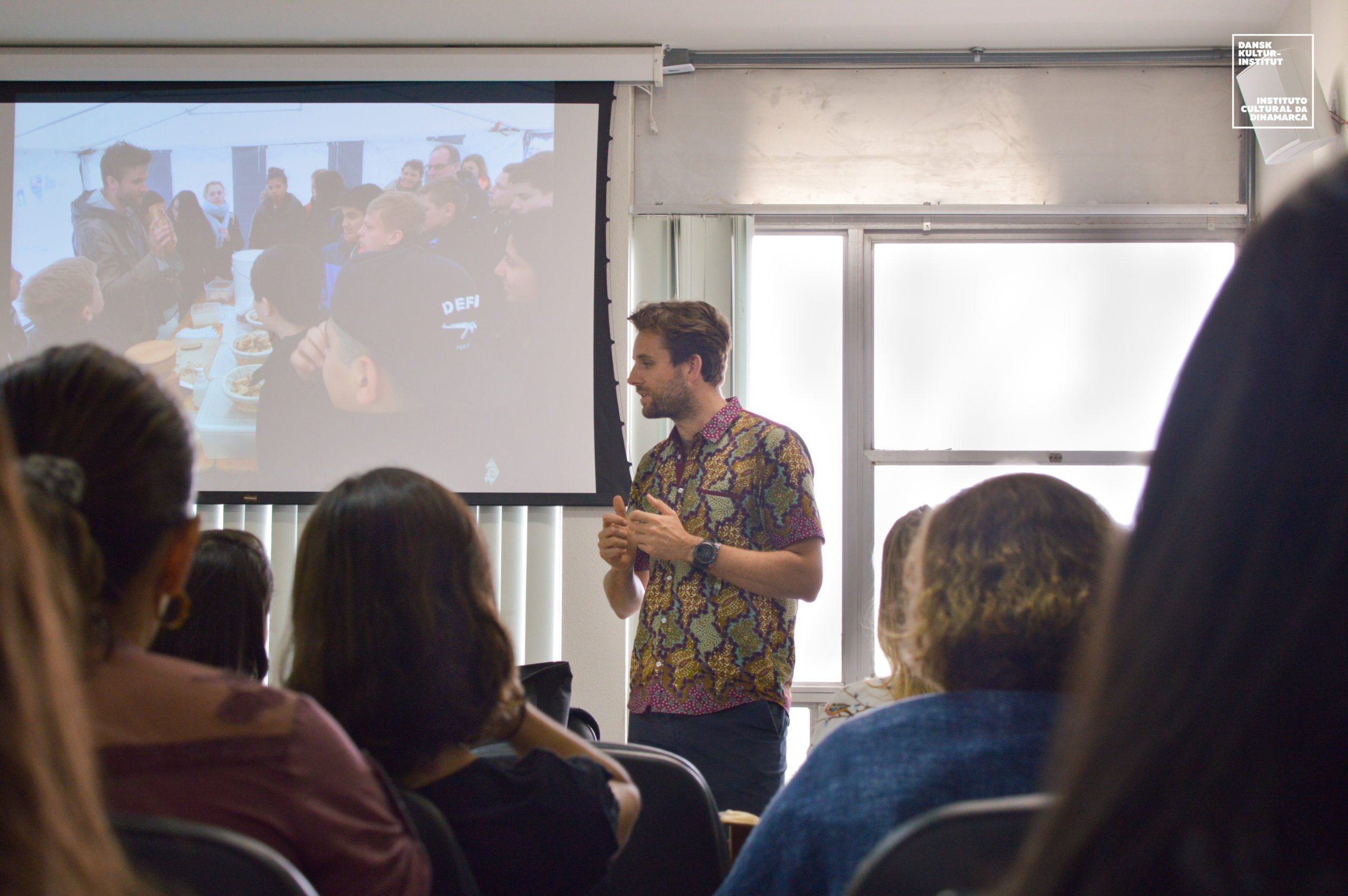
For more pictures of Minimad Kickstarter, scroll to the bottom.
Our Brazilian partners:
Gastromotiva - Superliga da Comida: Social Gastronomy Movement which offers a Vocational Cooking Course with emphasis on social gastronomy. Promotes gastronomy as an instrument of education, citizenship and social transformation, strengthening connections and essential links of human development. Superliga is a project of Gastromotiva that was born from an action within the Vocational Course called Action Work in Favelas. The main action is to provide playful e and healthy cooking workshops for children and adults who are involved in child nutrition.
School of Nutrition, Unirio – Nucleus of Applied Dietetic Studies (NEDA) – Healthy and Sustainable Child Food and Nutrition: The project develops activities related to nutritional aspects such as assessment of nutritional status of children, nutritional recommendations in childhood, evaluation of school menus, as well as dietetics as an assessment of the acceptability of school meals, etc. It also includes working with the different eating environments in which the child is inserted, with emphasis on the school eating environment. It aims at practical actions that act in consonance with the bodies that execute policies and programs of infant feeding and nutrition.
Maniva Institute – Ecochefs: The Maniva Institute is a civil society organization that promotes the improvement of the food quality of adults and children of rural and urban populations, connecting professional chefs to small farmers, agroecological farmers and fishermen families. Institute promotes and respects the Brazilian socio-biodiversity, through direct purchase of their organic and sustainable products and offers workshops about the cassava root for elementary public schools kids in Rio de Janeiro, as part of the Mandiokit project.
City hall of Duque de Caxias – Healthy Growing: The objective of the Healthy Growing program is to contribute to the prevention, control and treatment of childhood obesity for children in public schools in Duque do Caxias Municipality. Among the actions that make up the program are; nutritional surveillance, the promotion of adequate and healthy eating, the encouragement of physical activity, and actions aimed at providing care for children with obesity. These actions are taken care of by the only health system (SUS), with intersectoral articulation with the Department of Education.
Firjan – Cozinha Brasil (Brazil Kitchen): Cozinha Brasil is a food education program taught by Firjan SESI. All actions of Cozinha Brasil focus on food education. Actions aimed at children by: offering healthy food and encouraging the childrens consumption of food at an early stage in life, stimulating the improvement of the eating habits of the participant and, indirectly, of its’s family members; Create affective and positive memories relates to healthy food through playful activities: create an familiarity with food preparation through hands-on culinary experiences.
